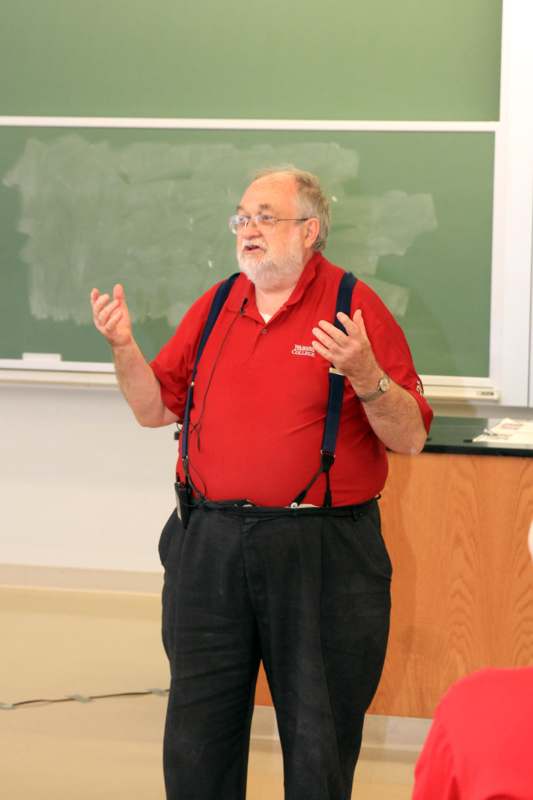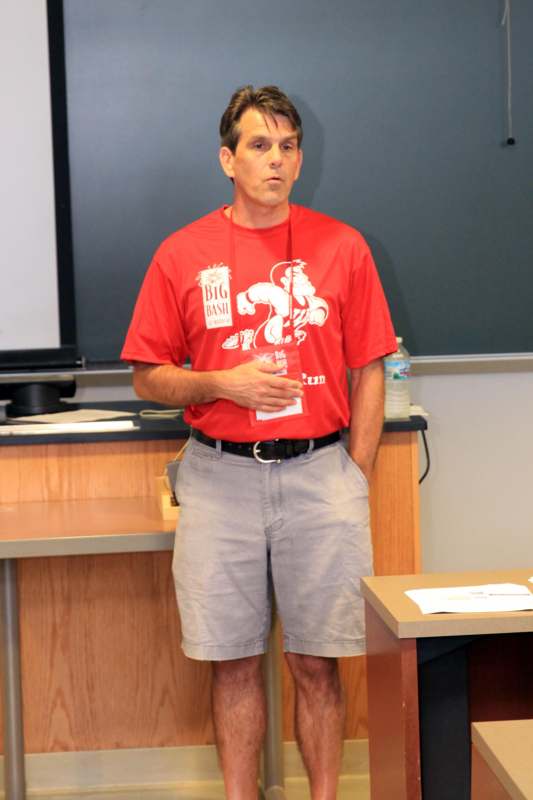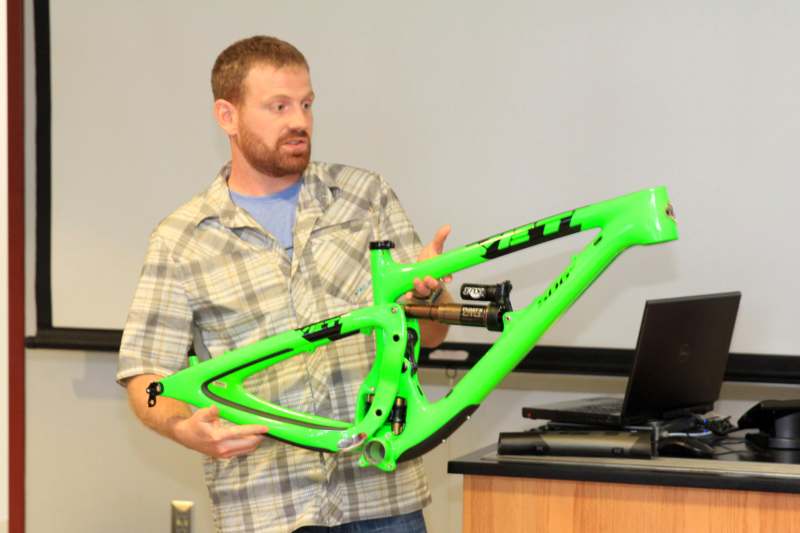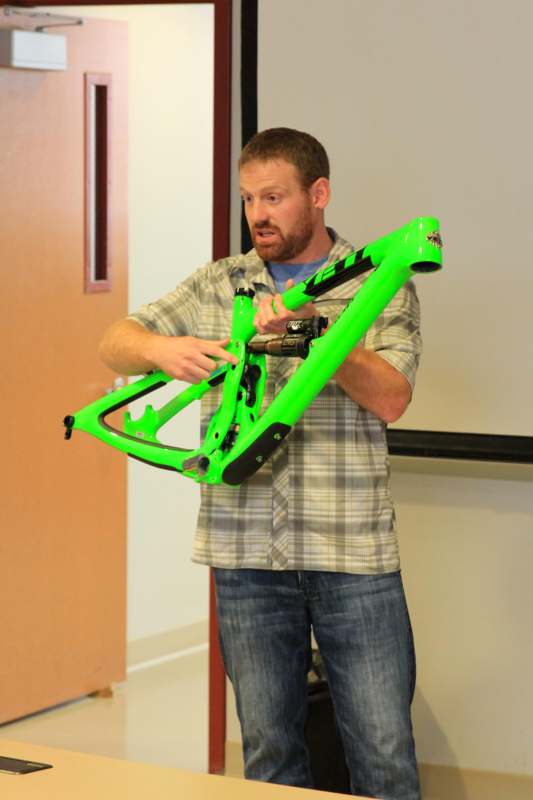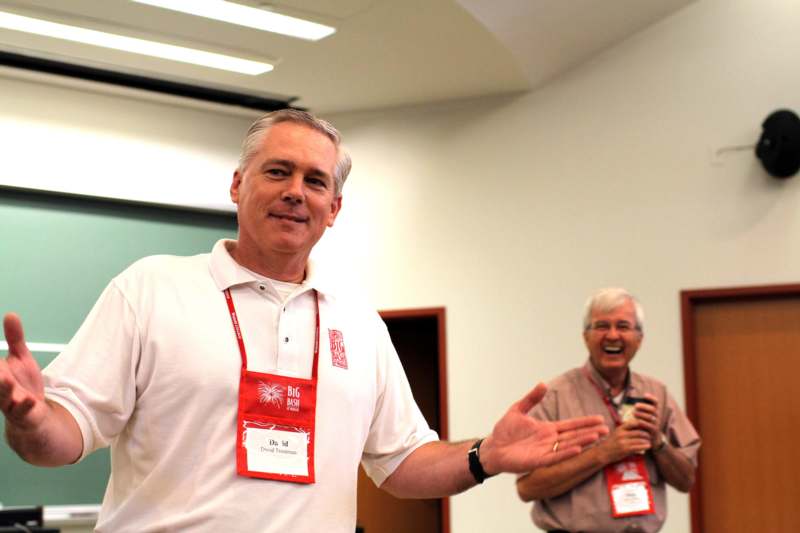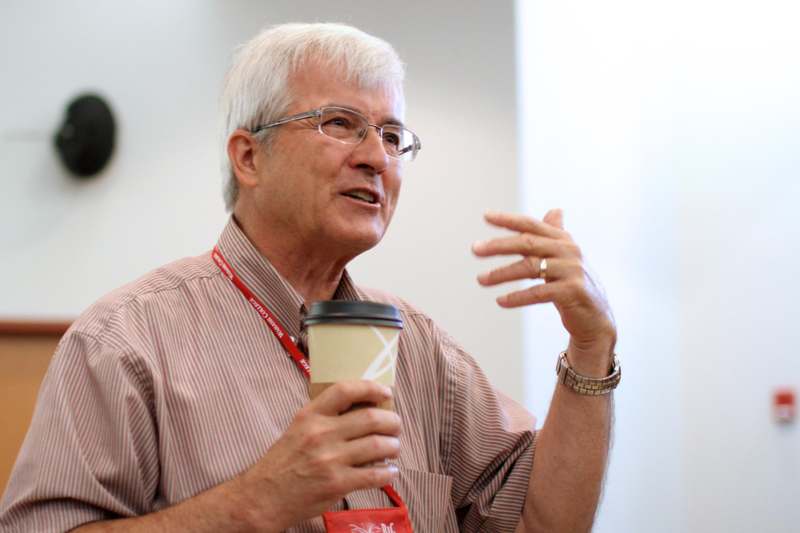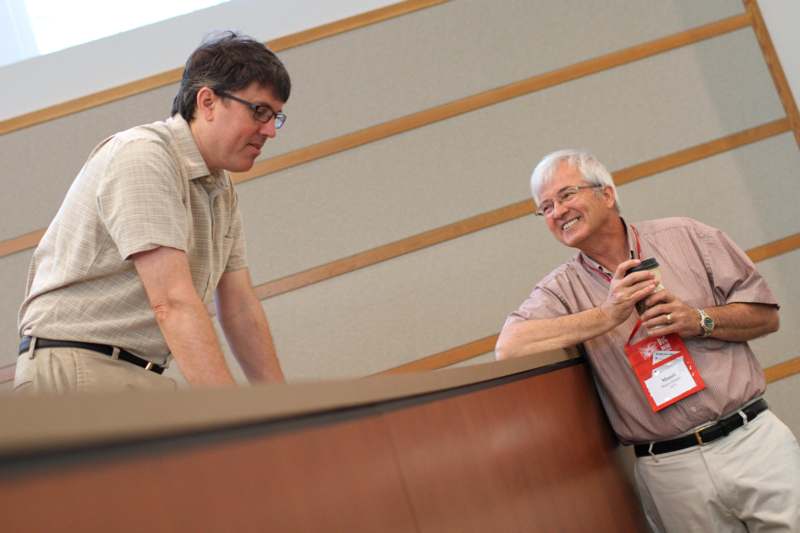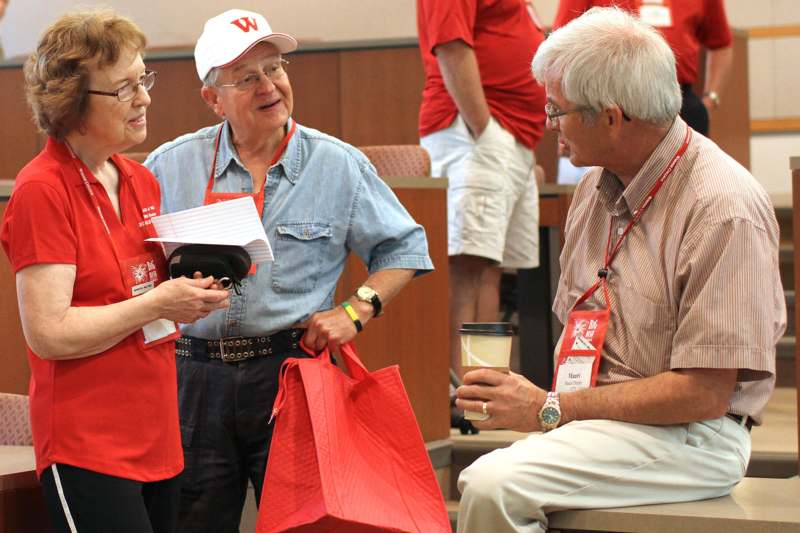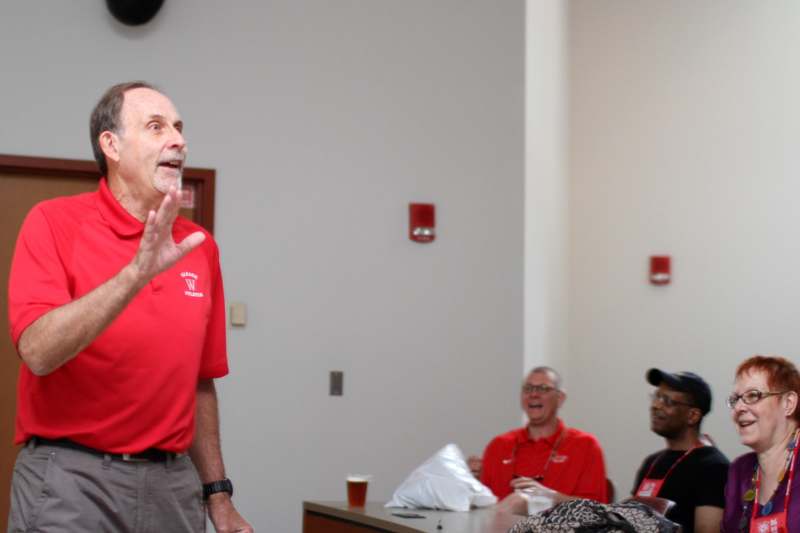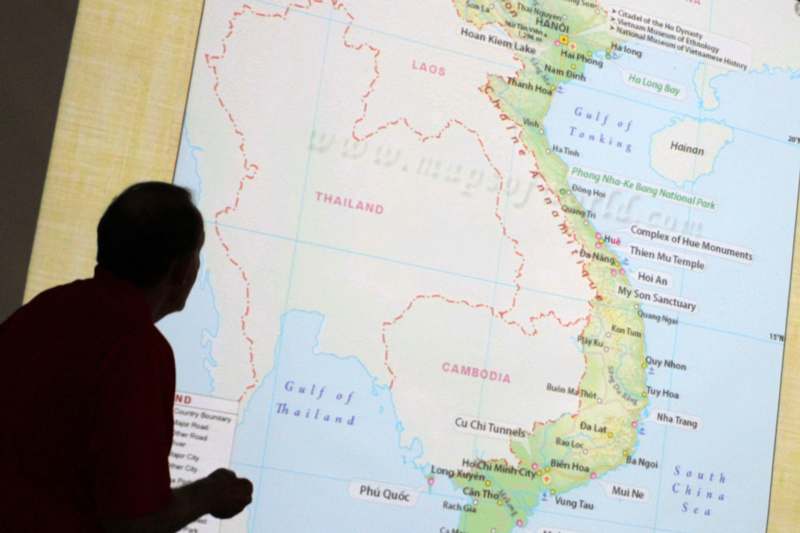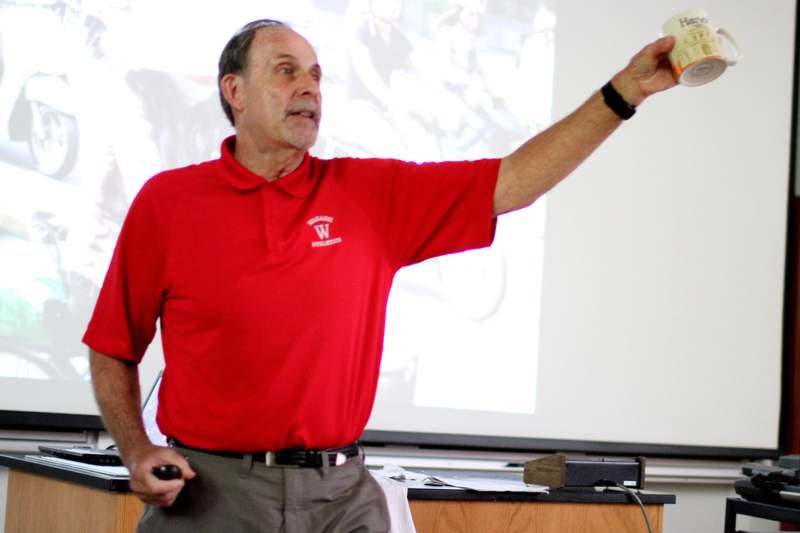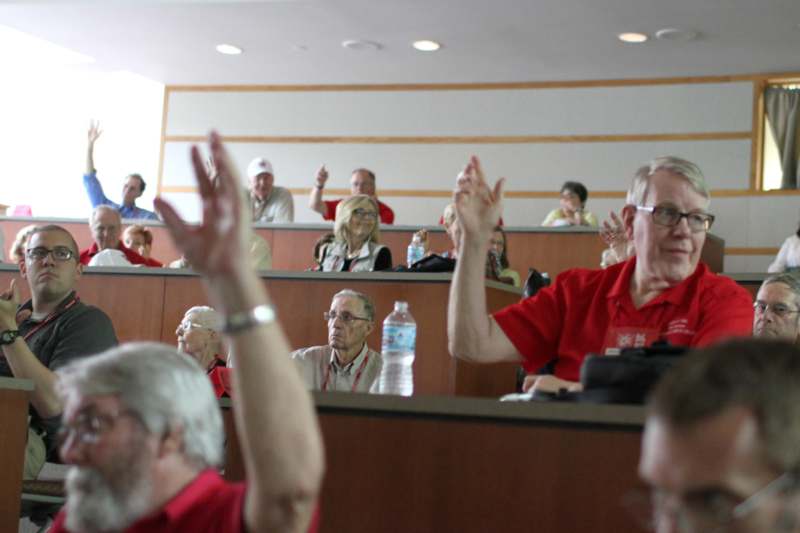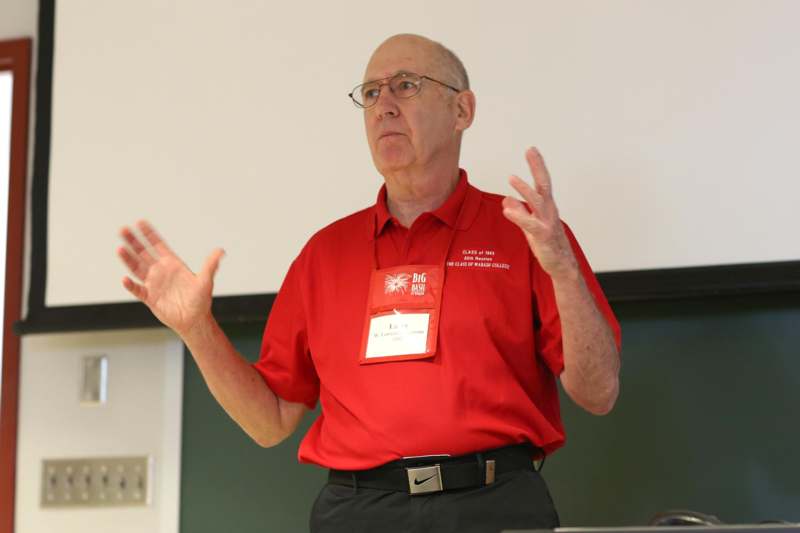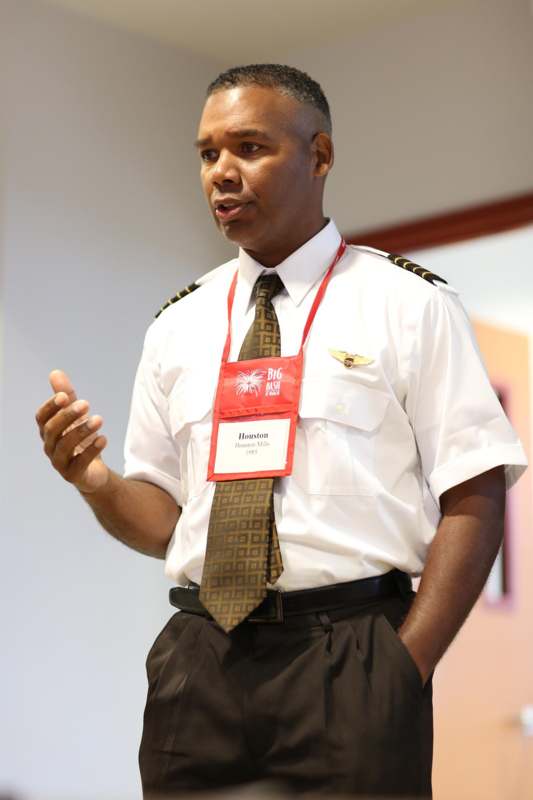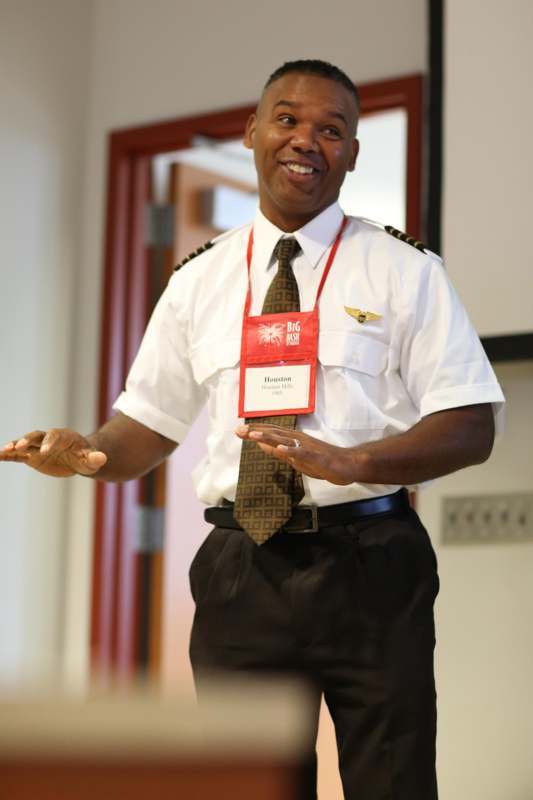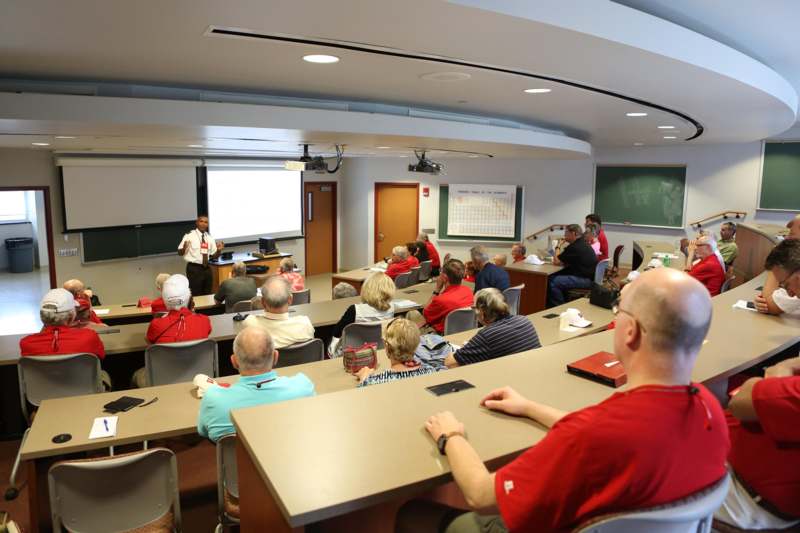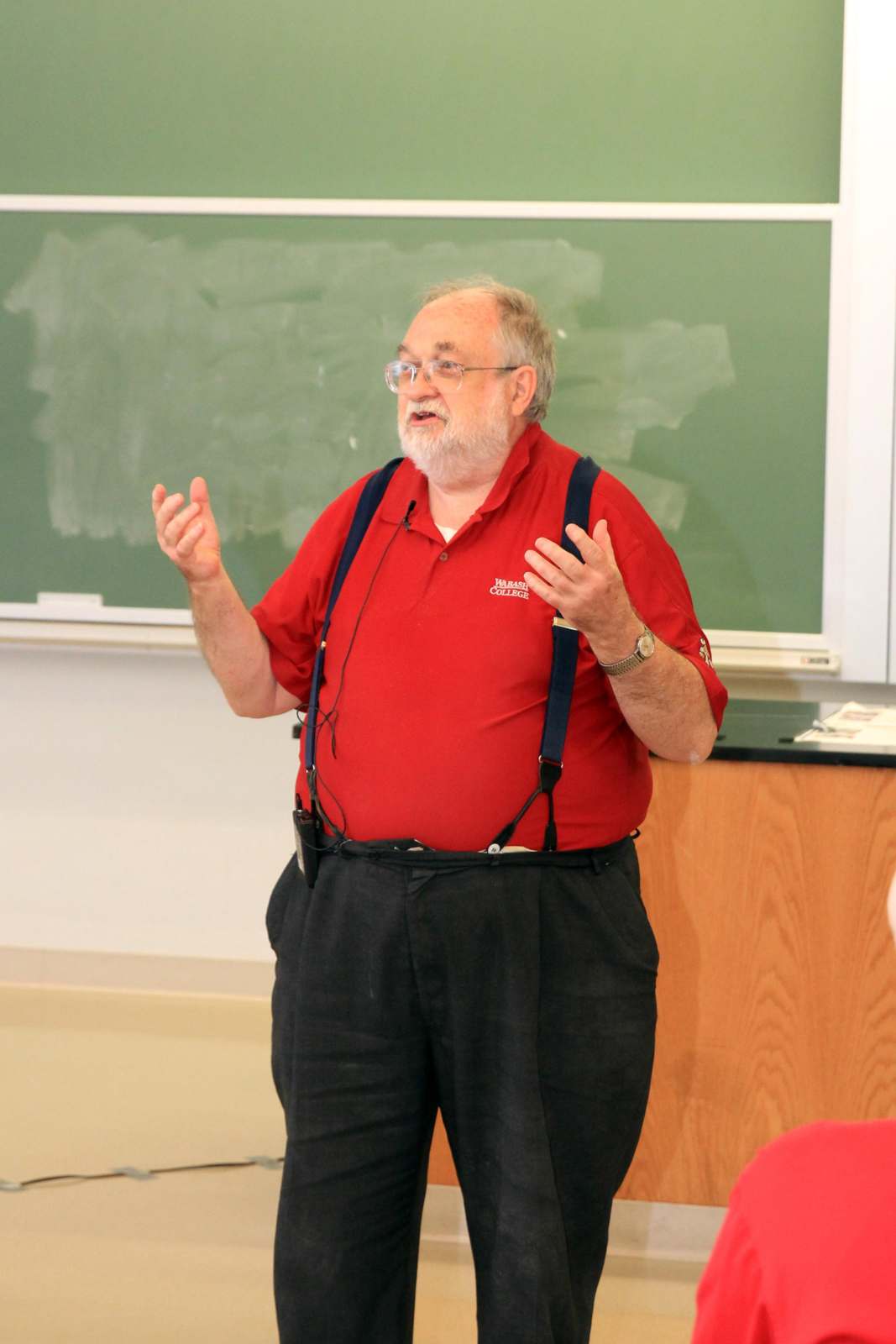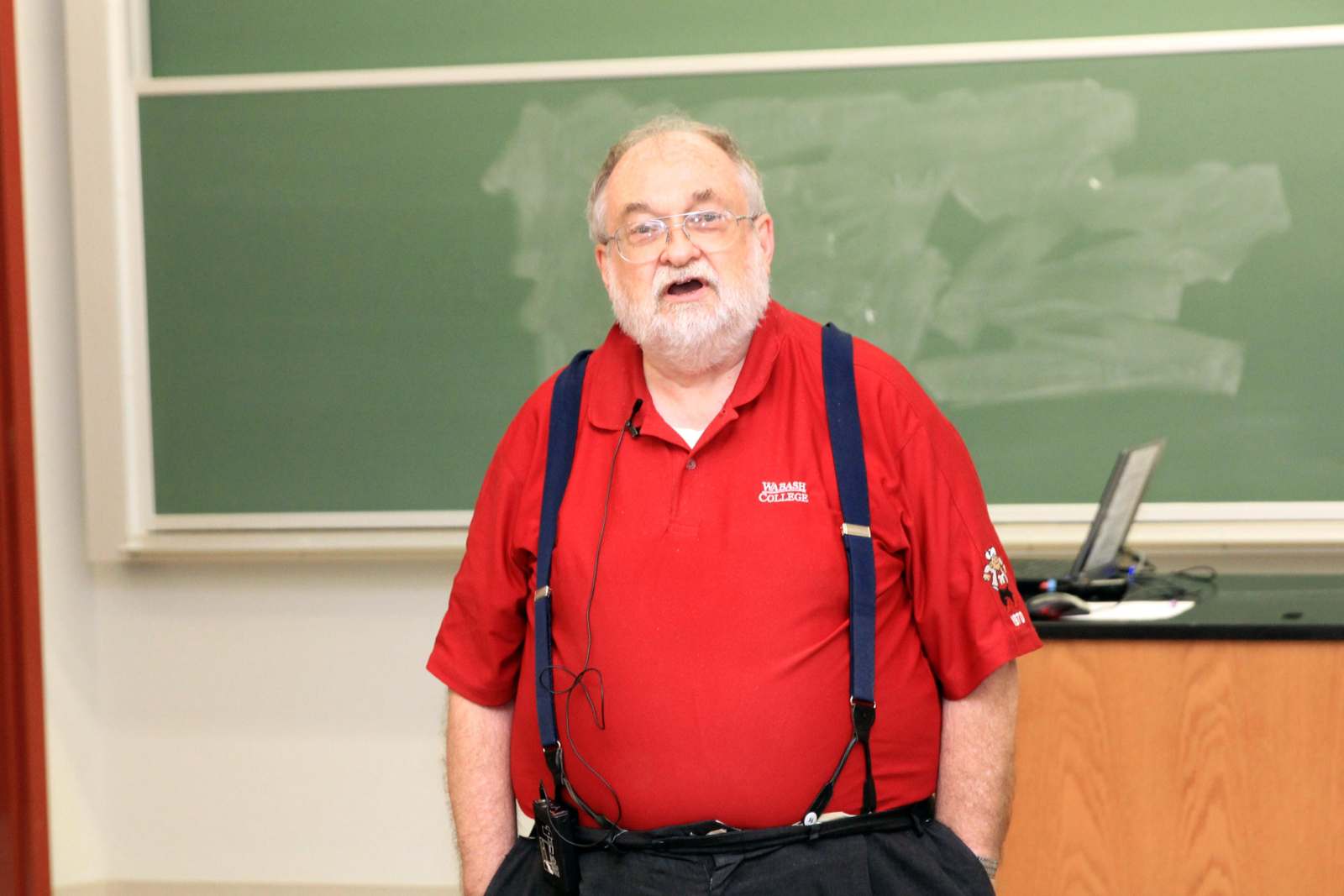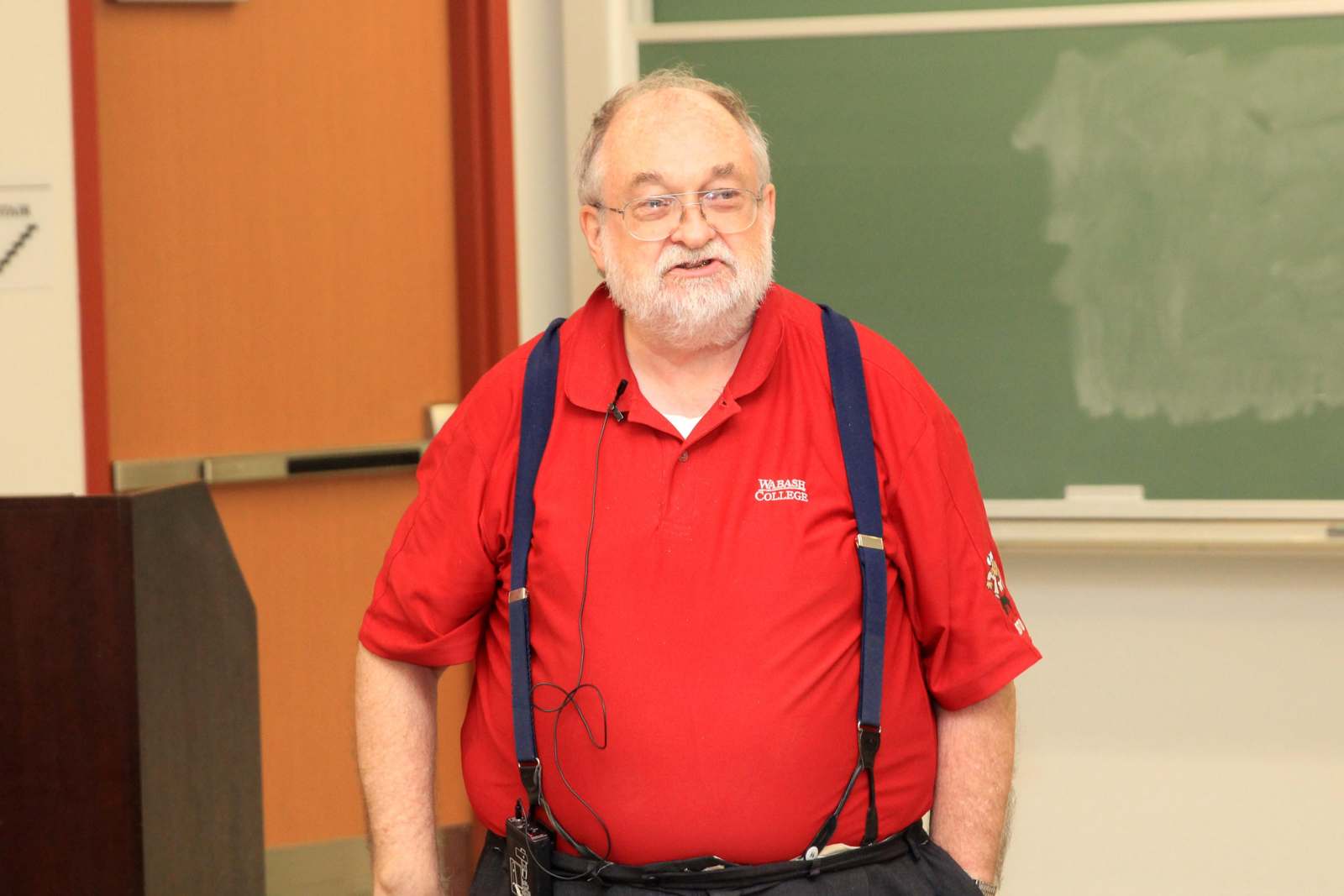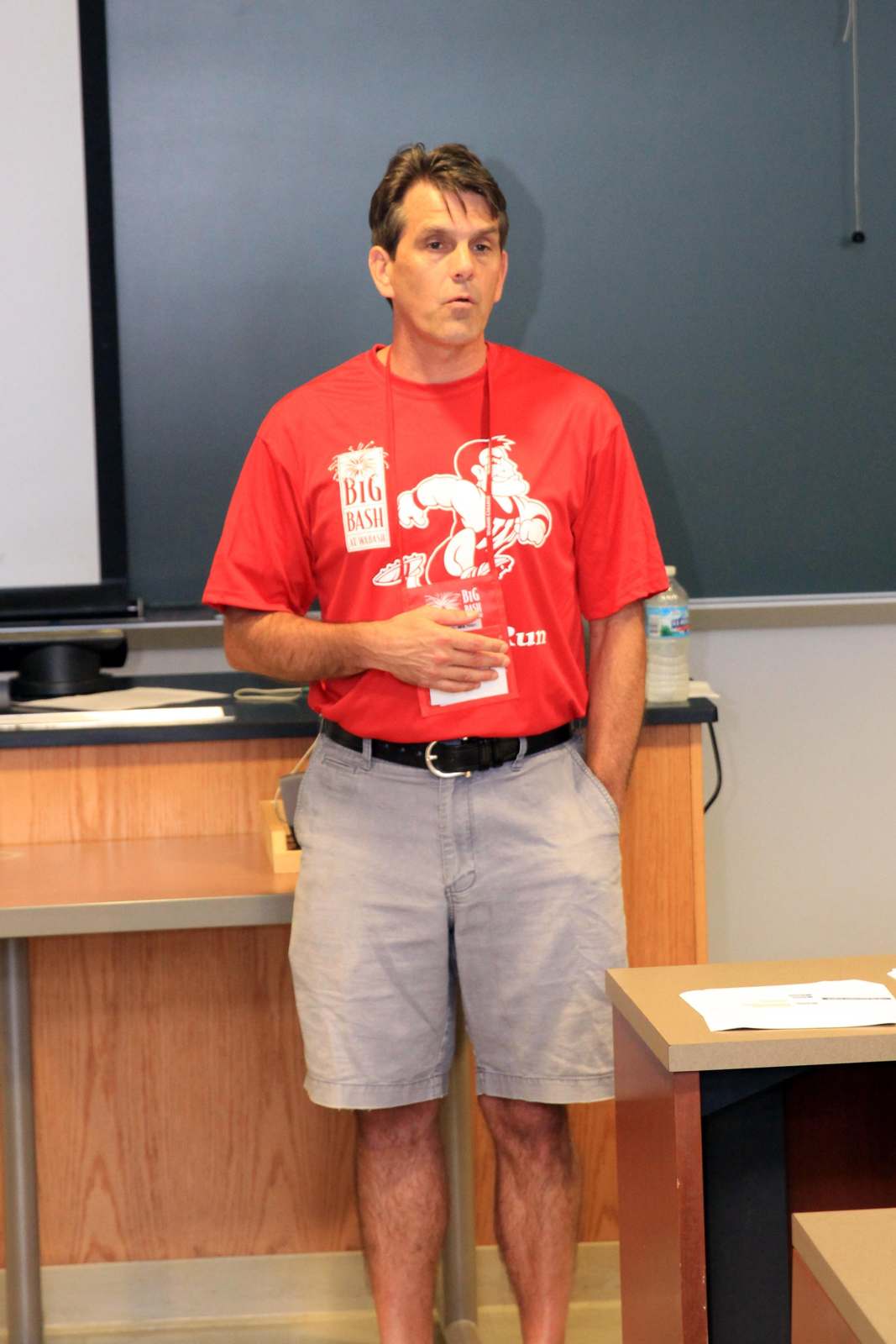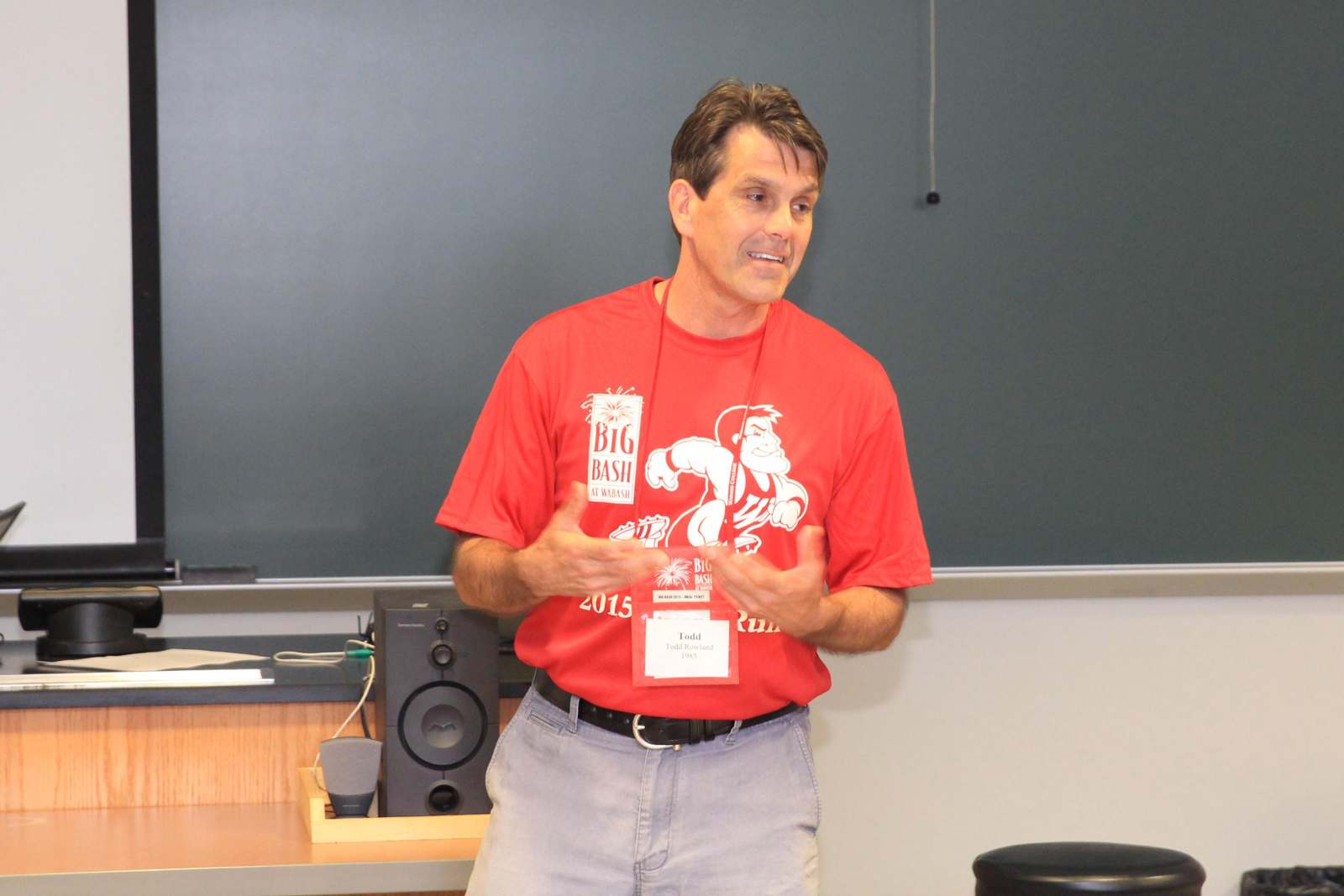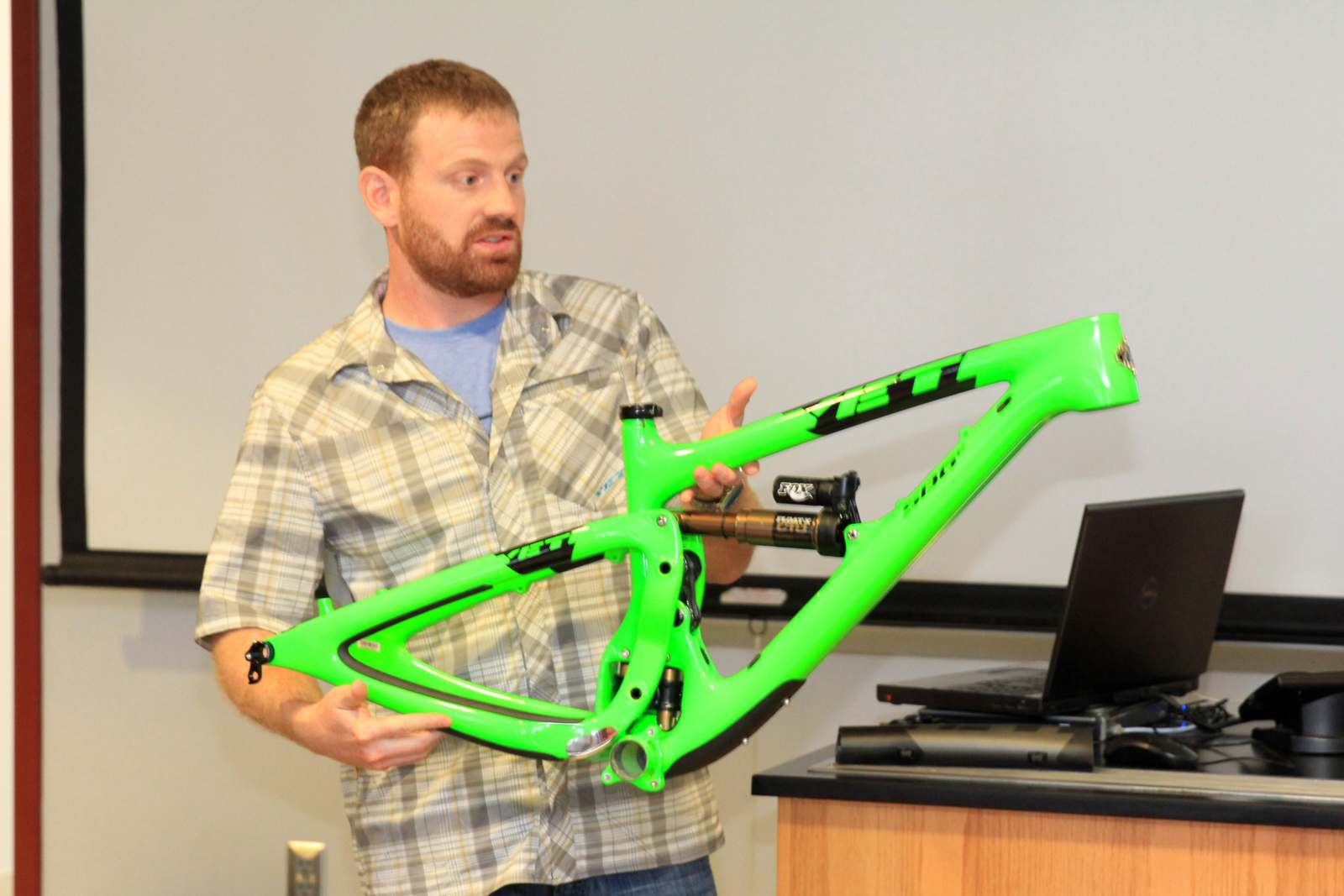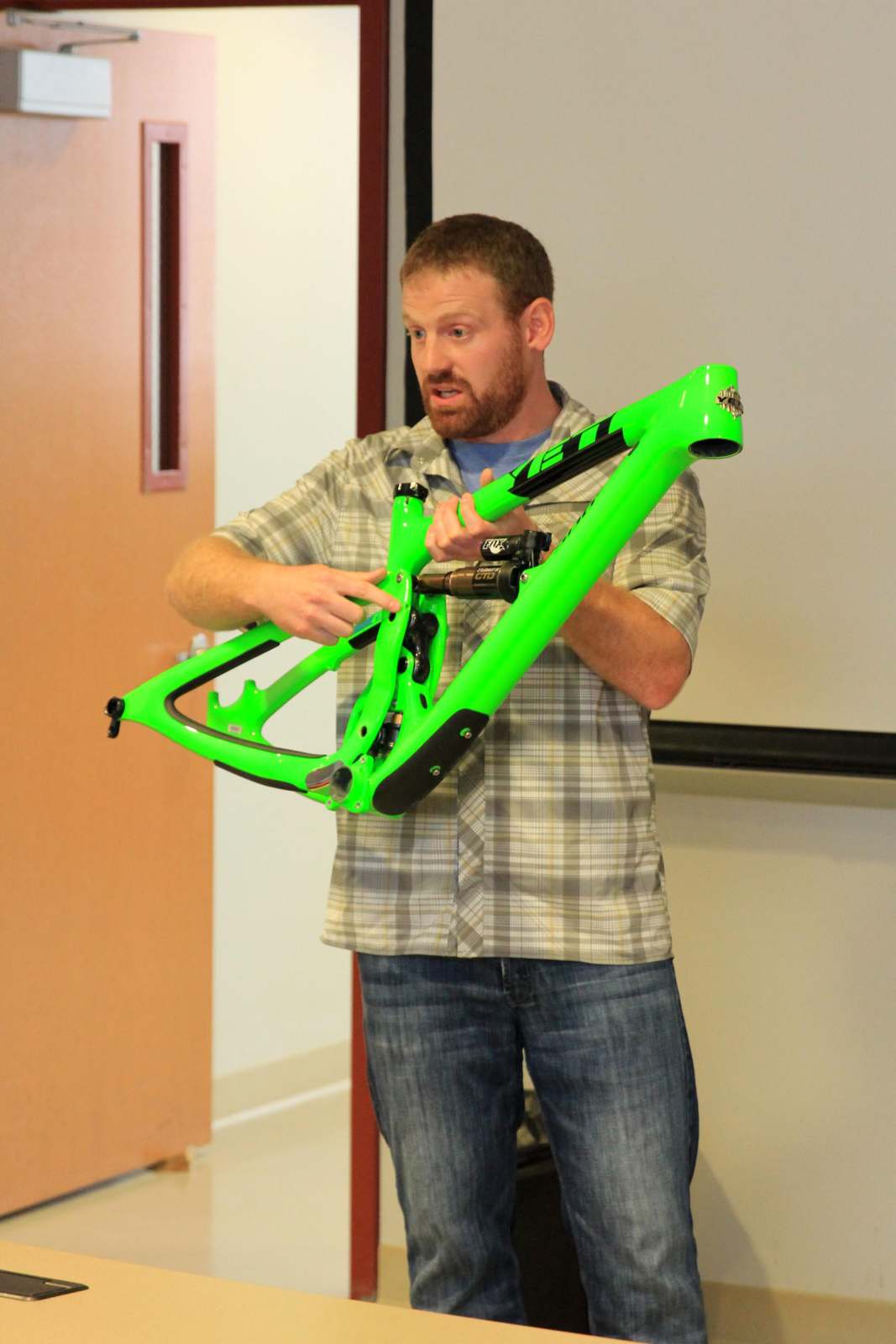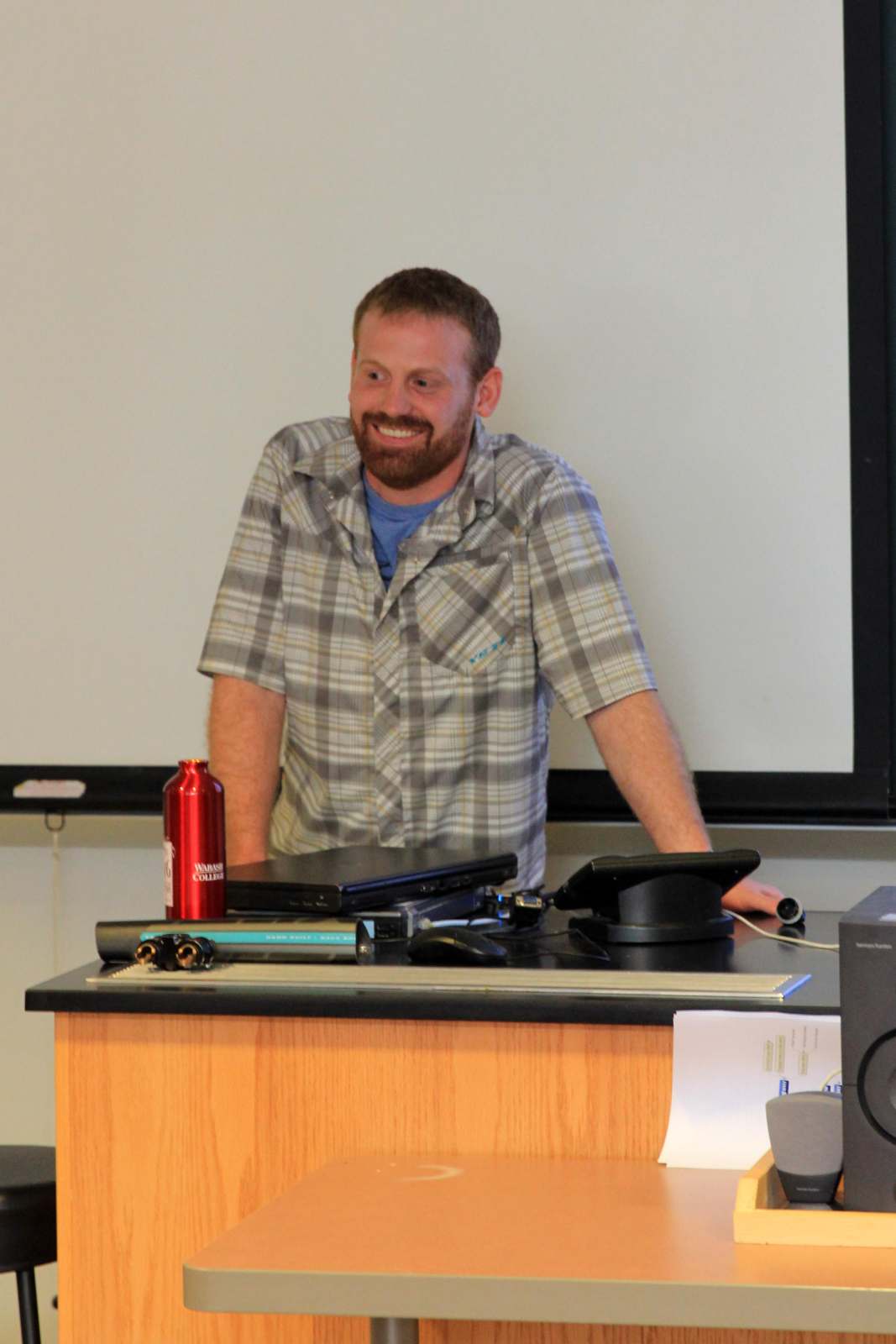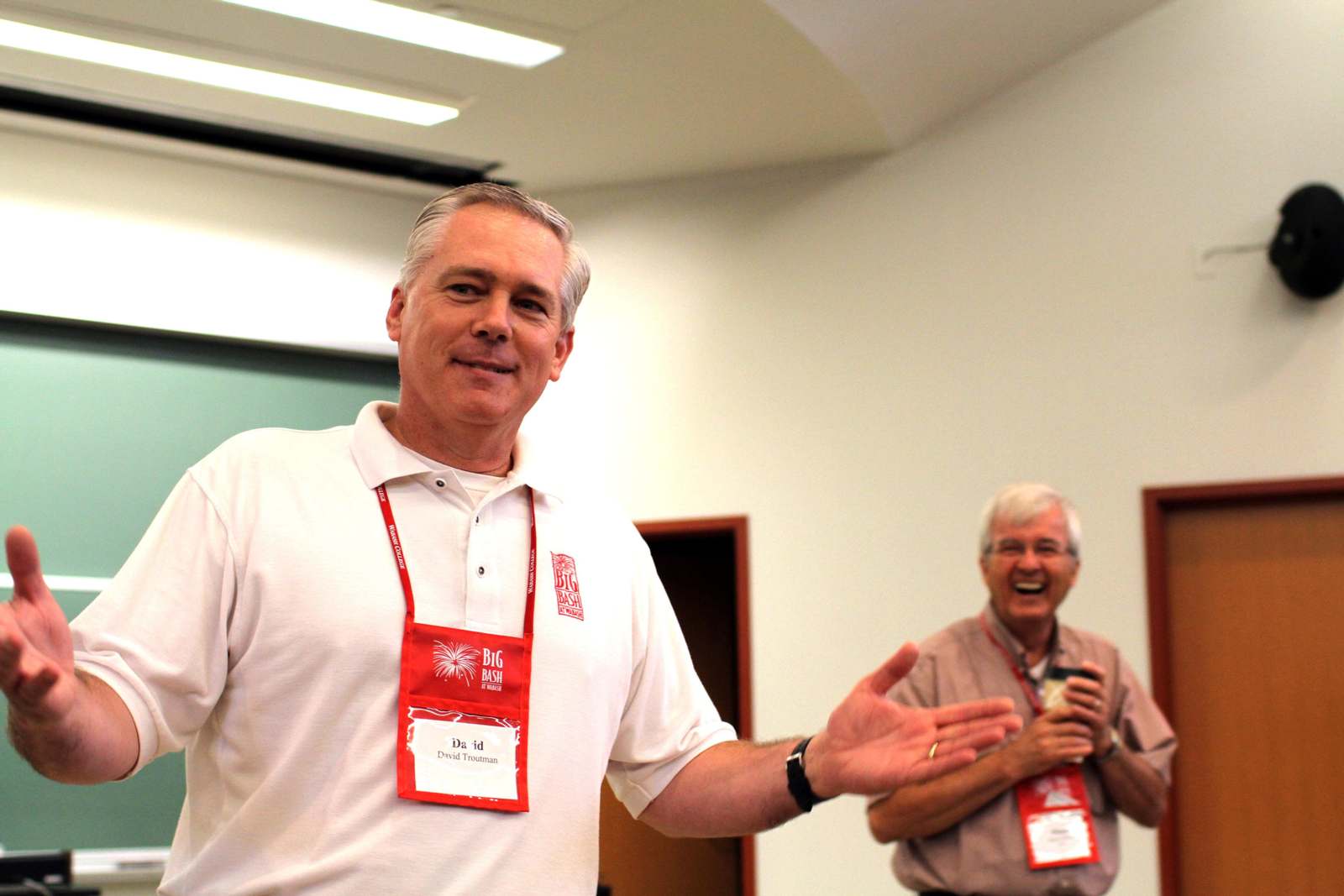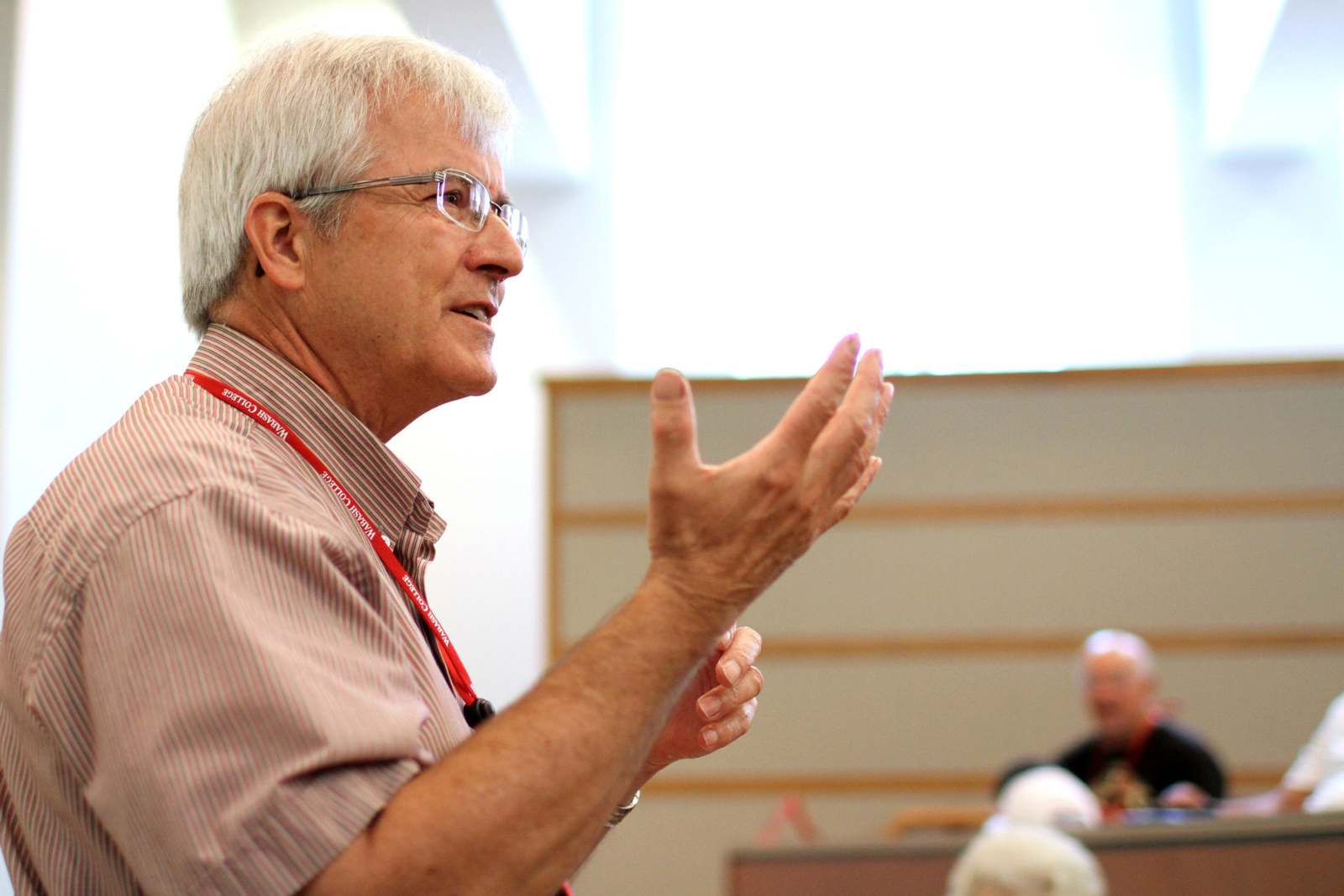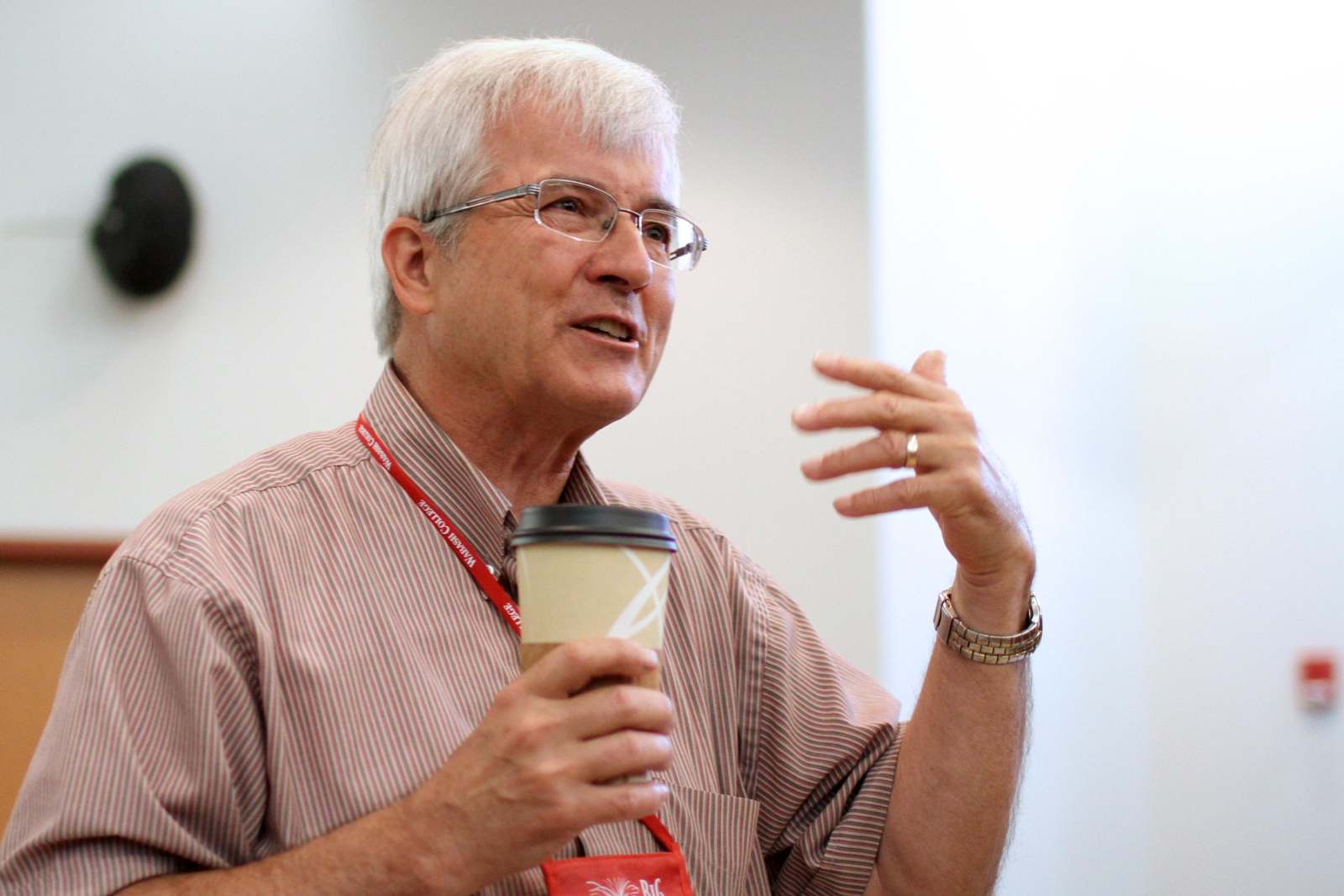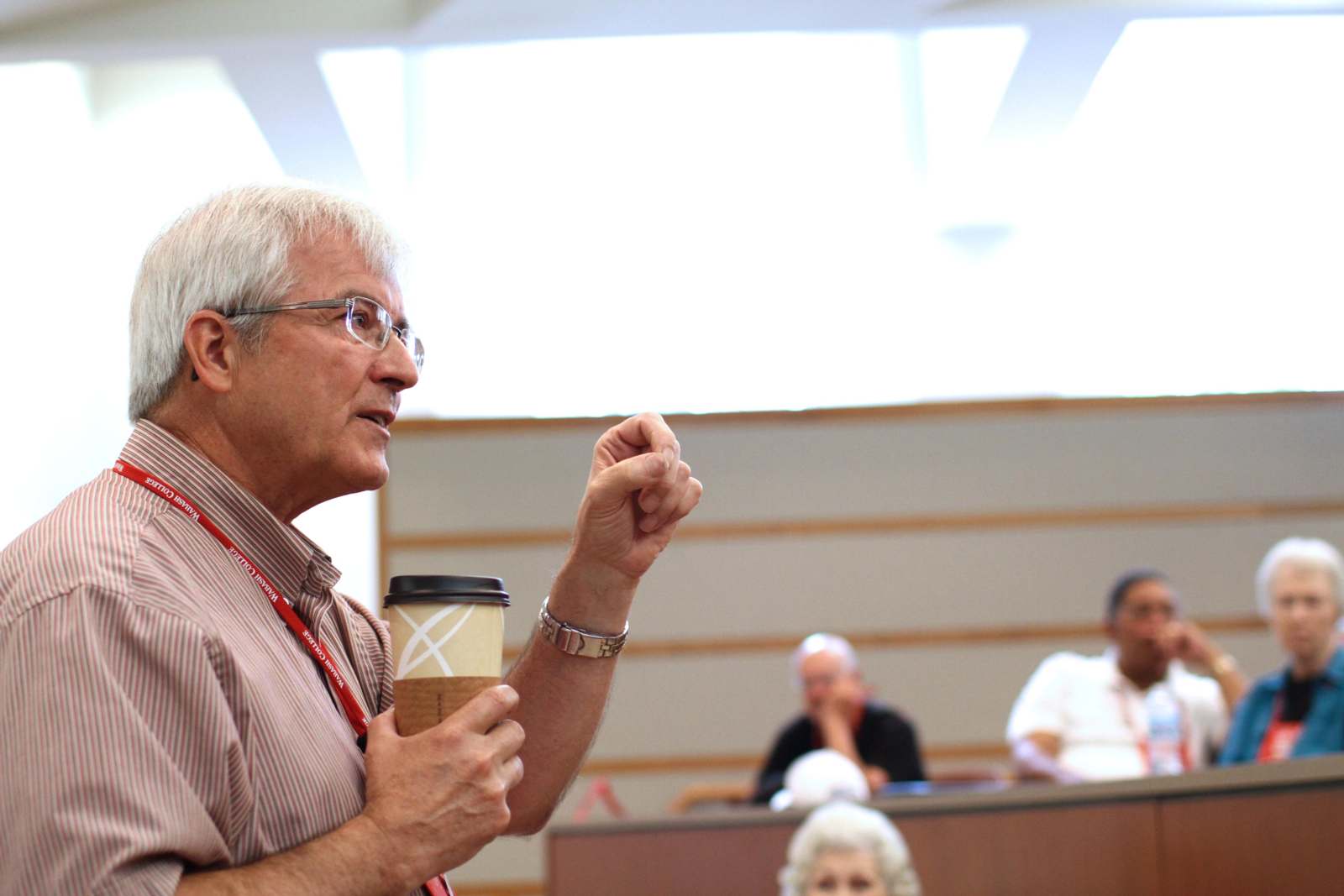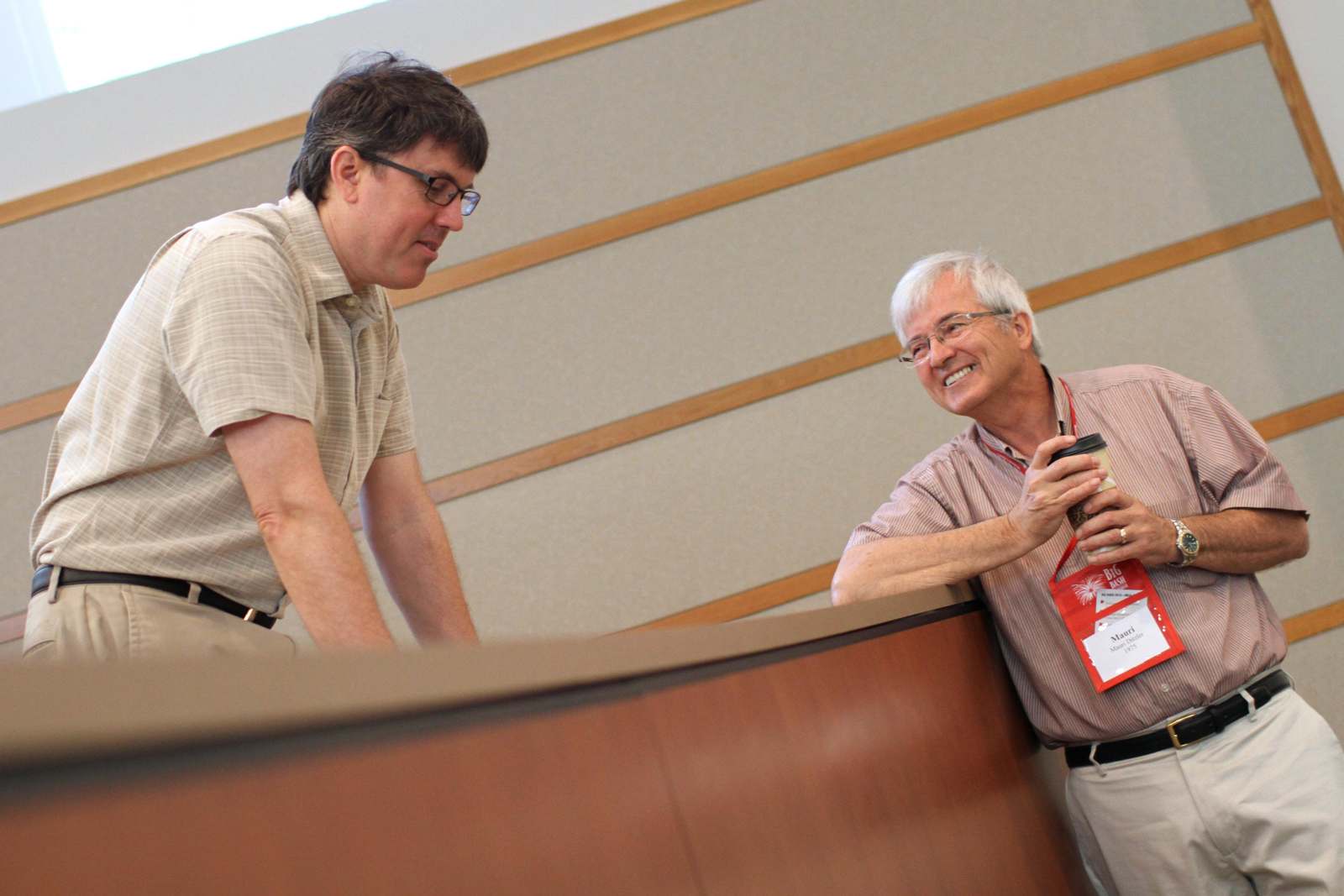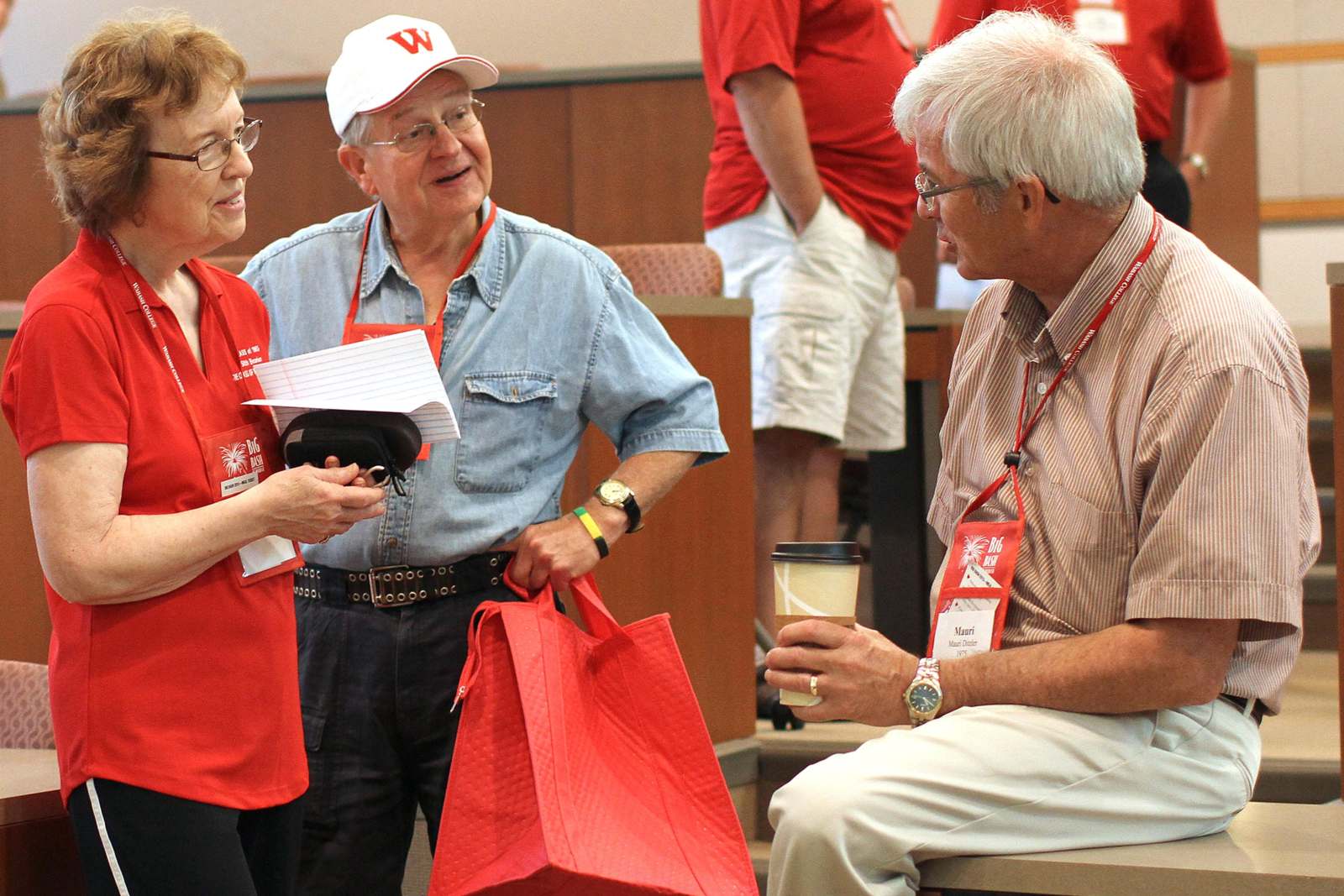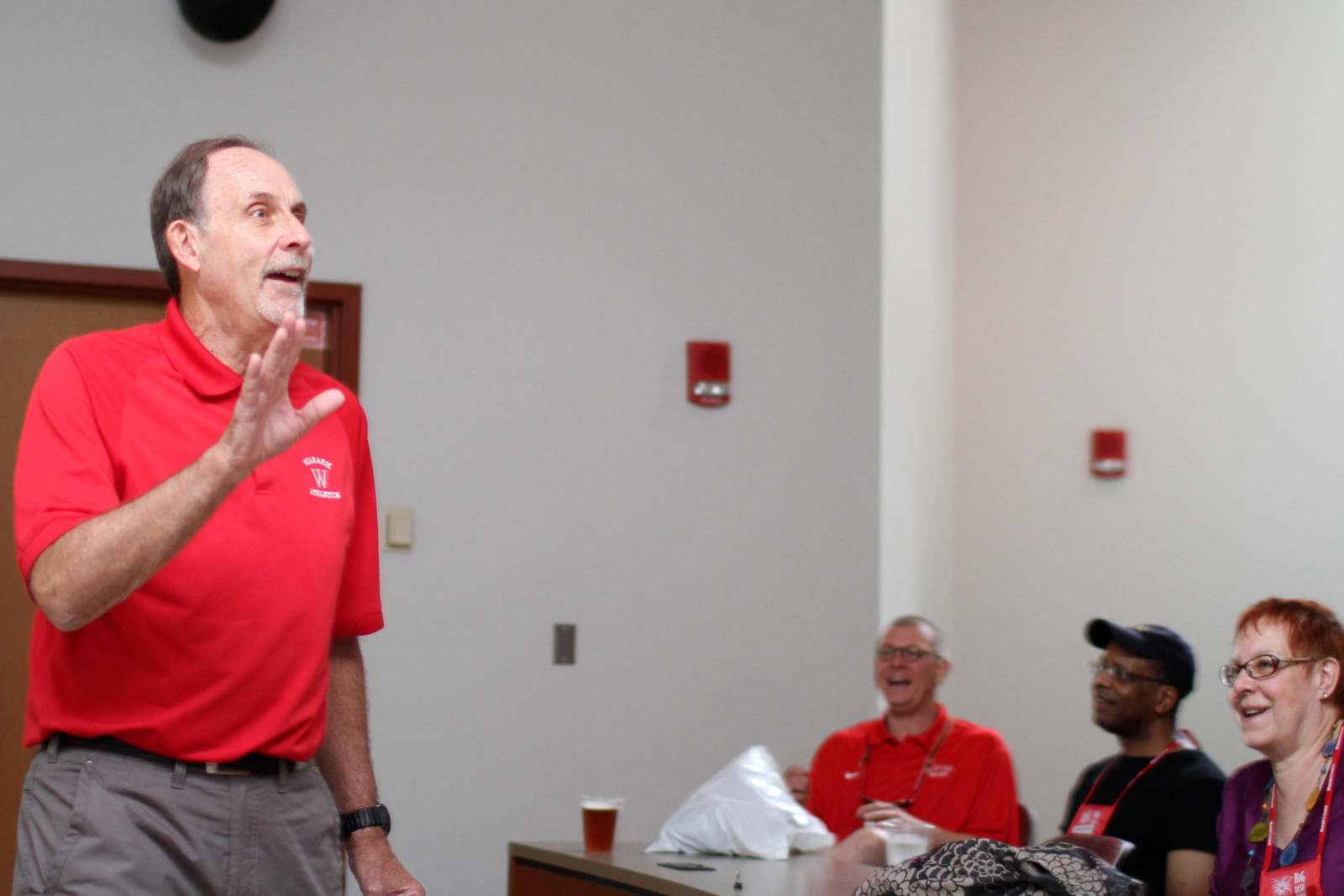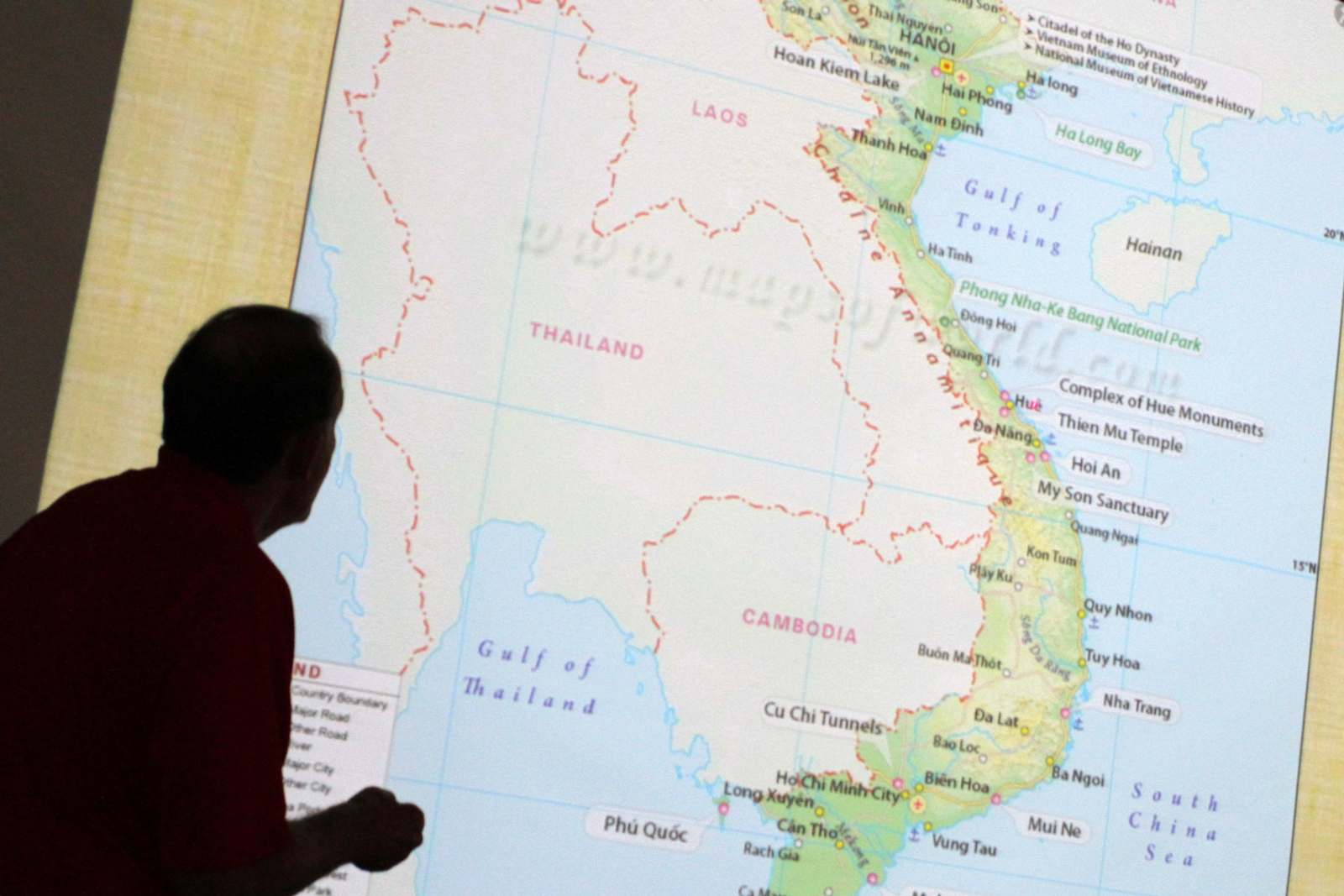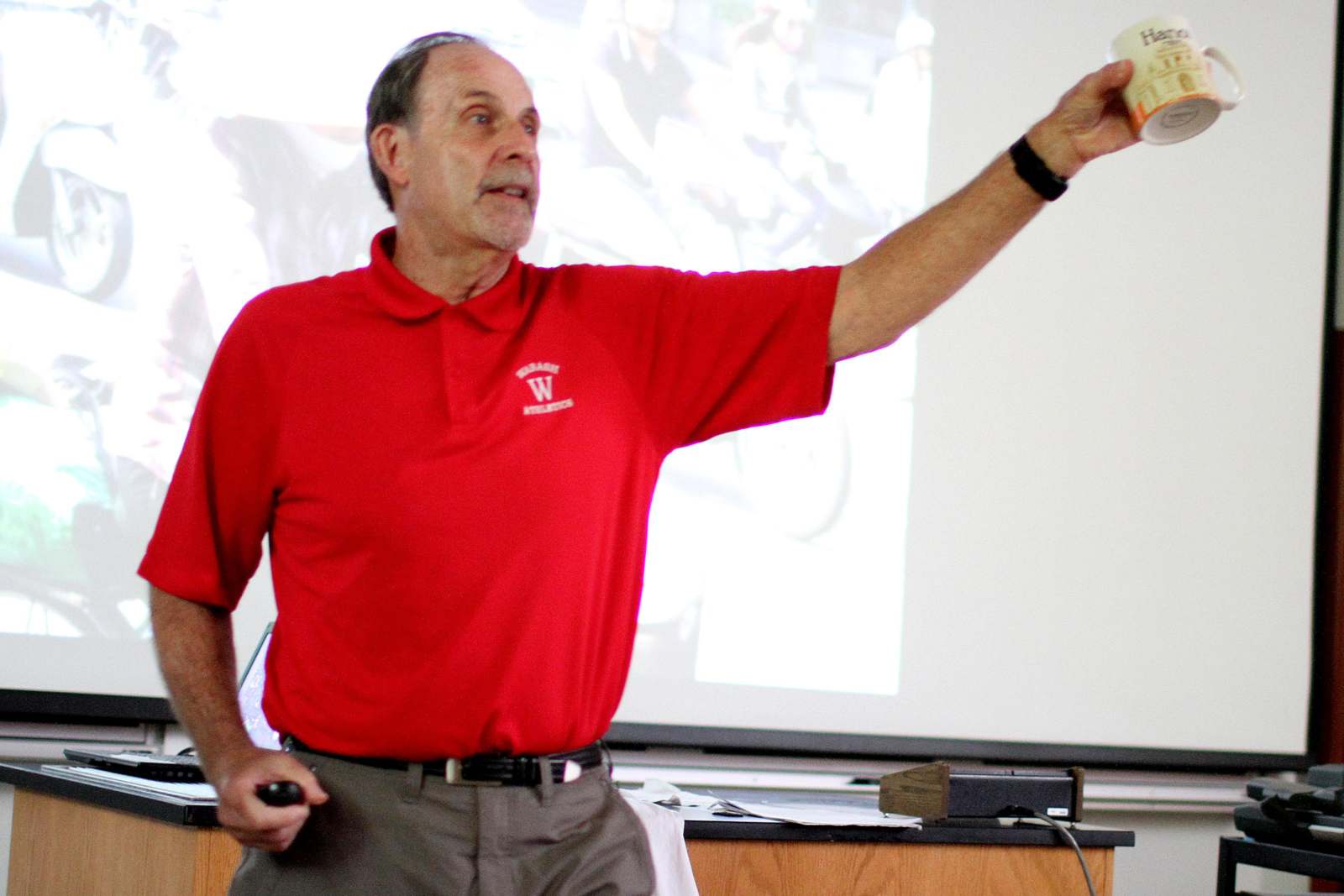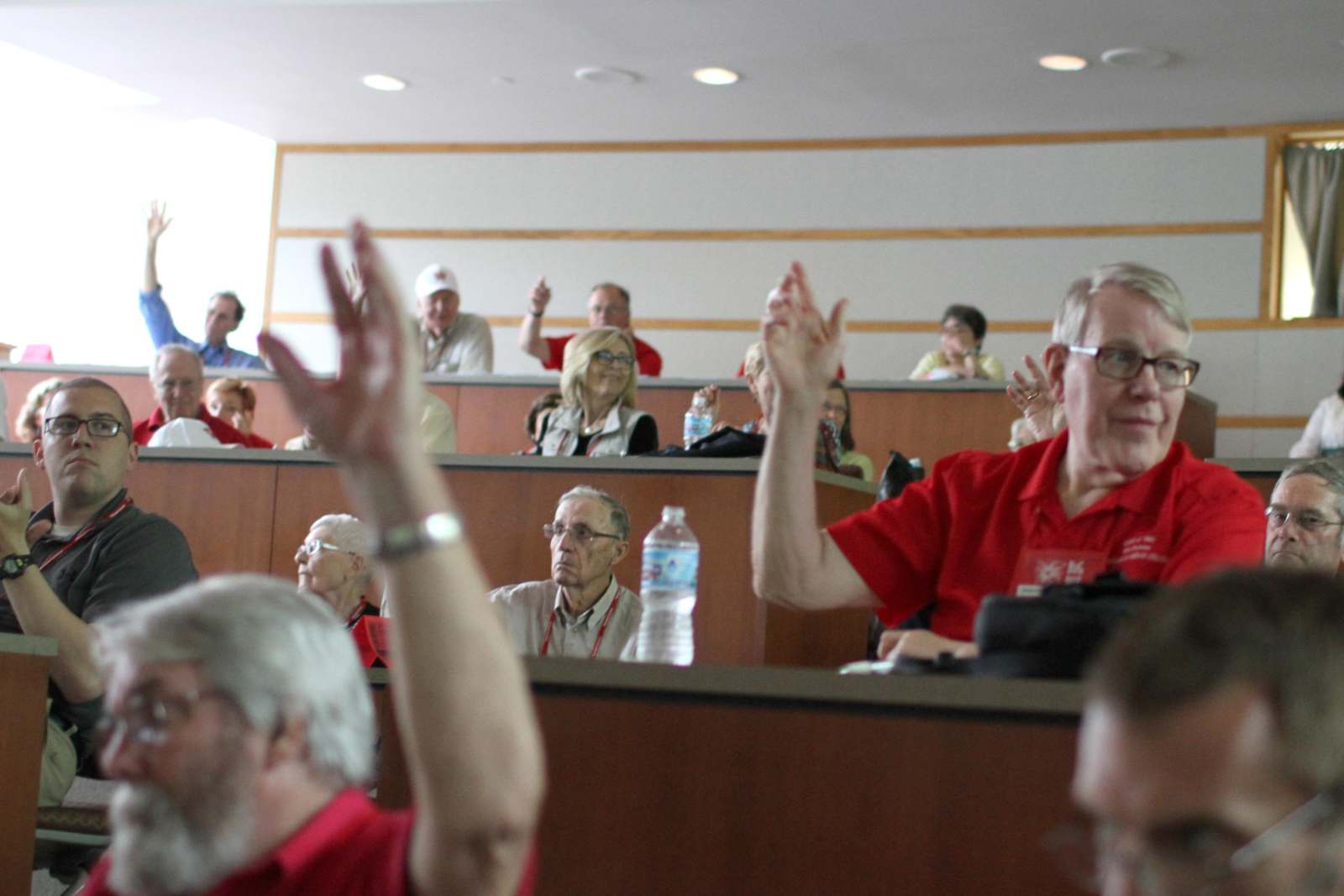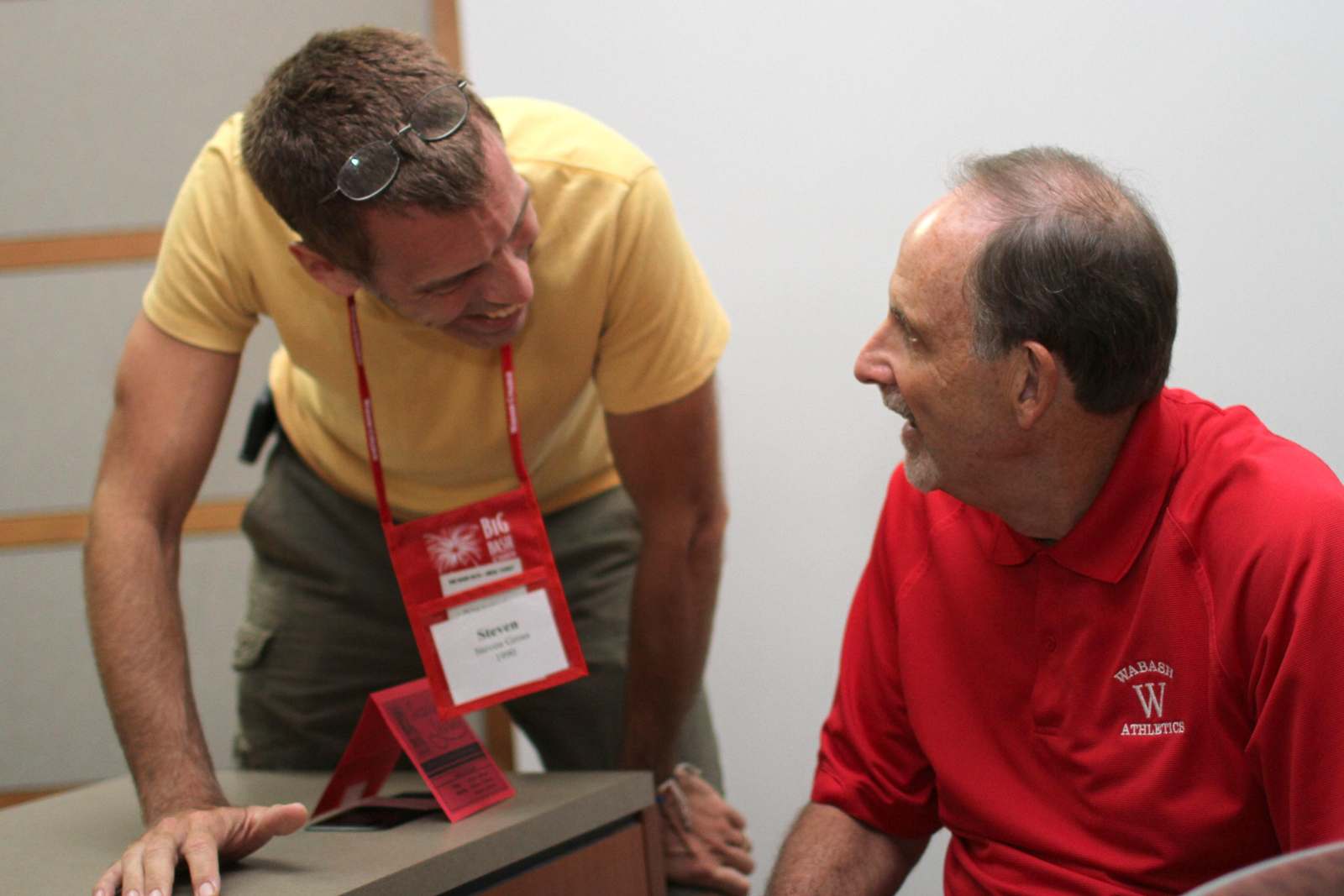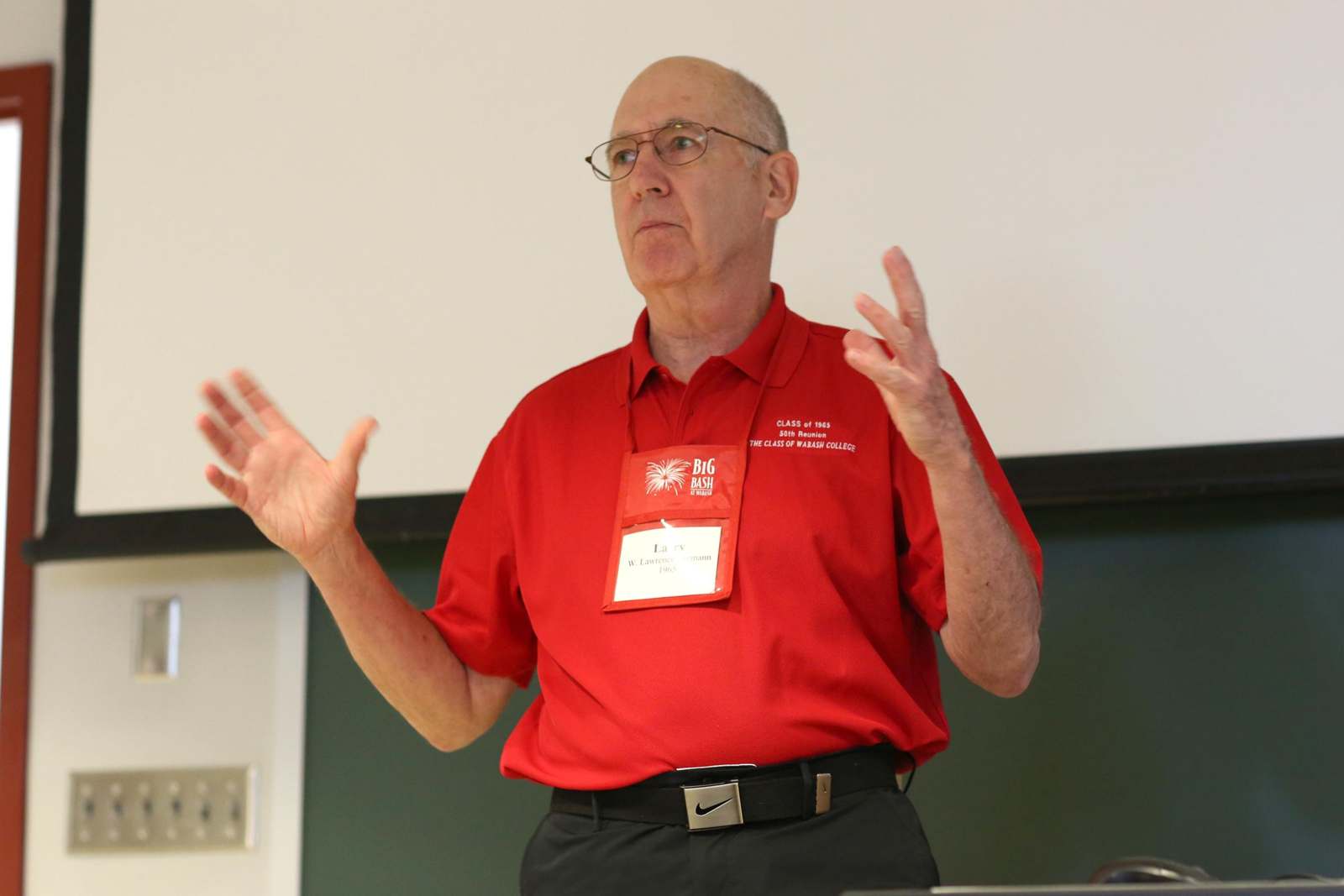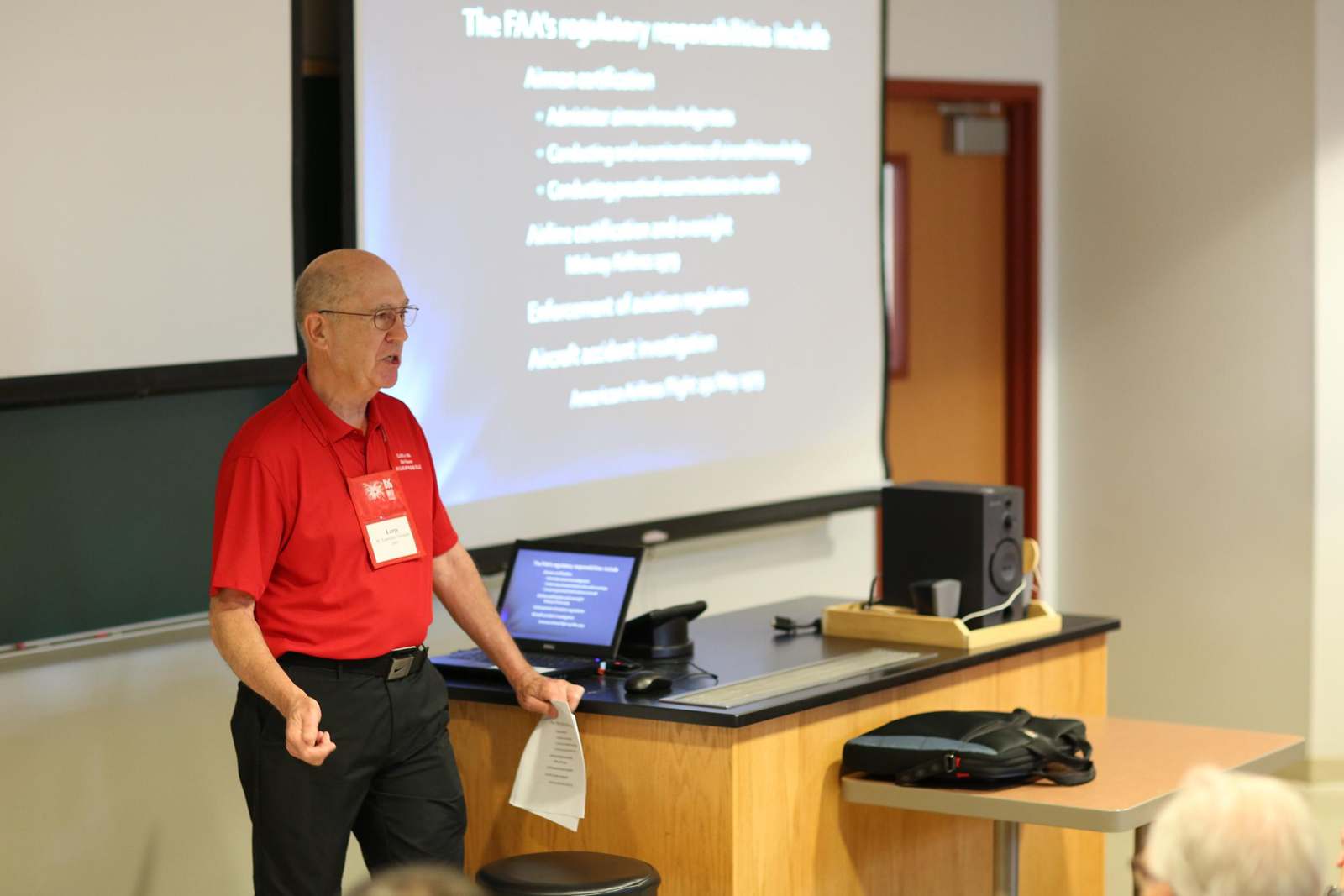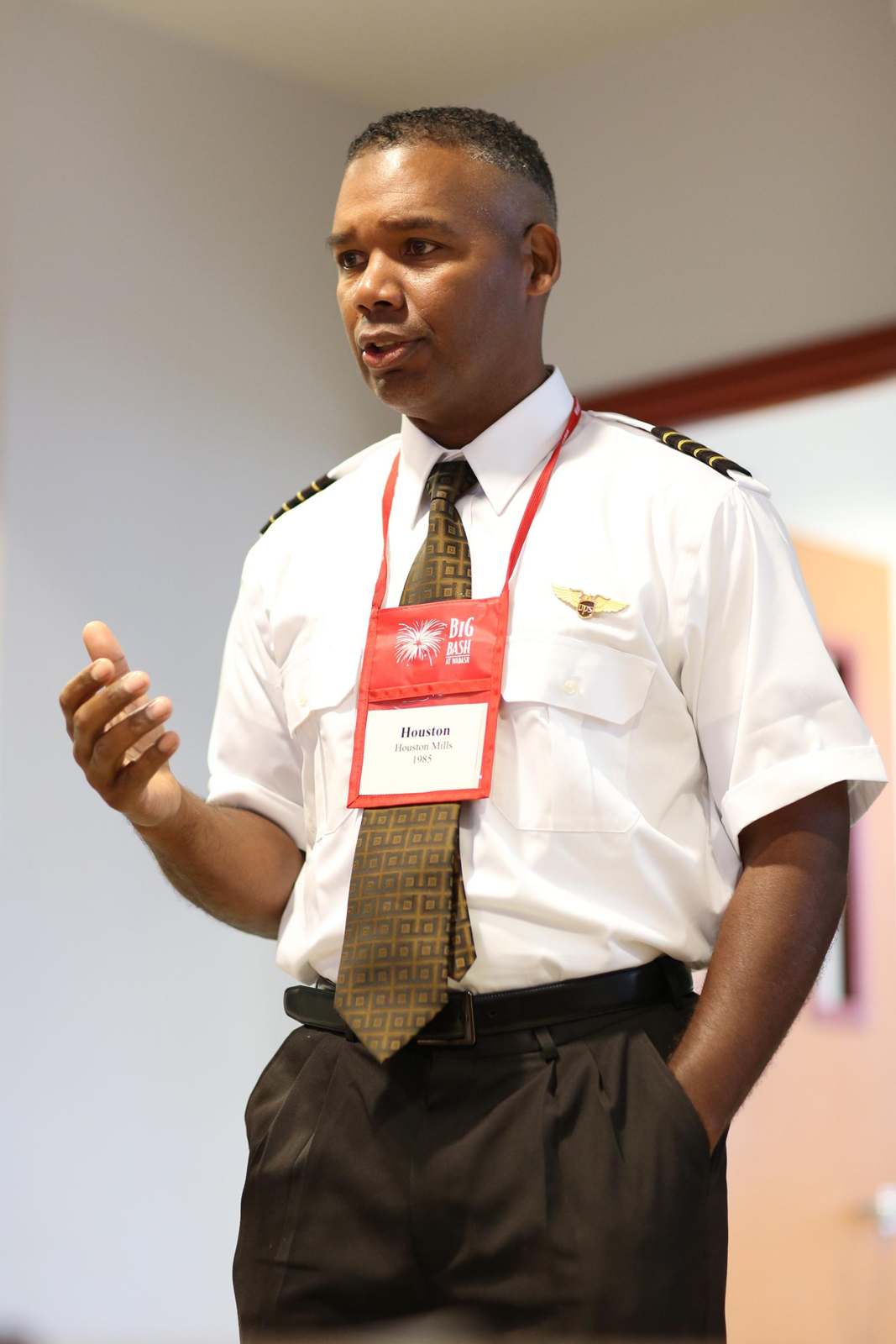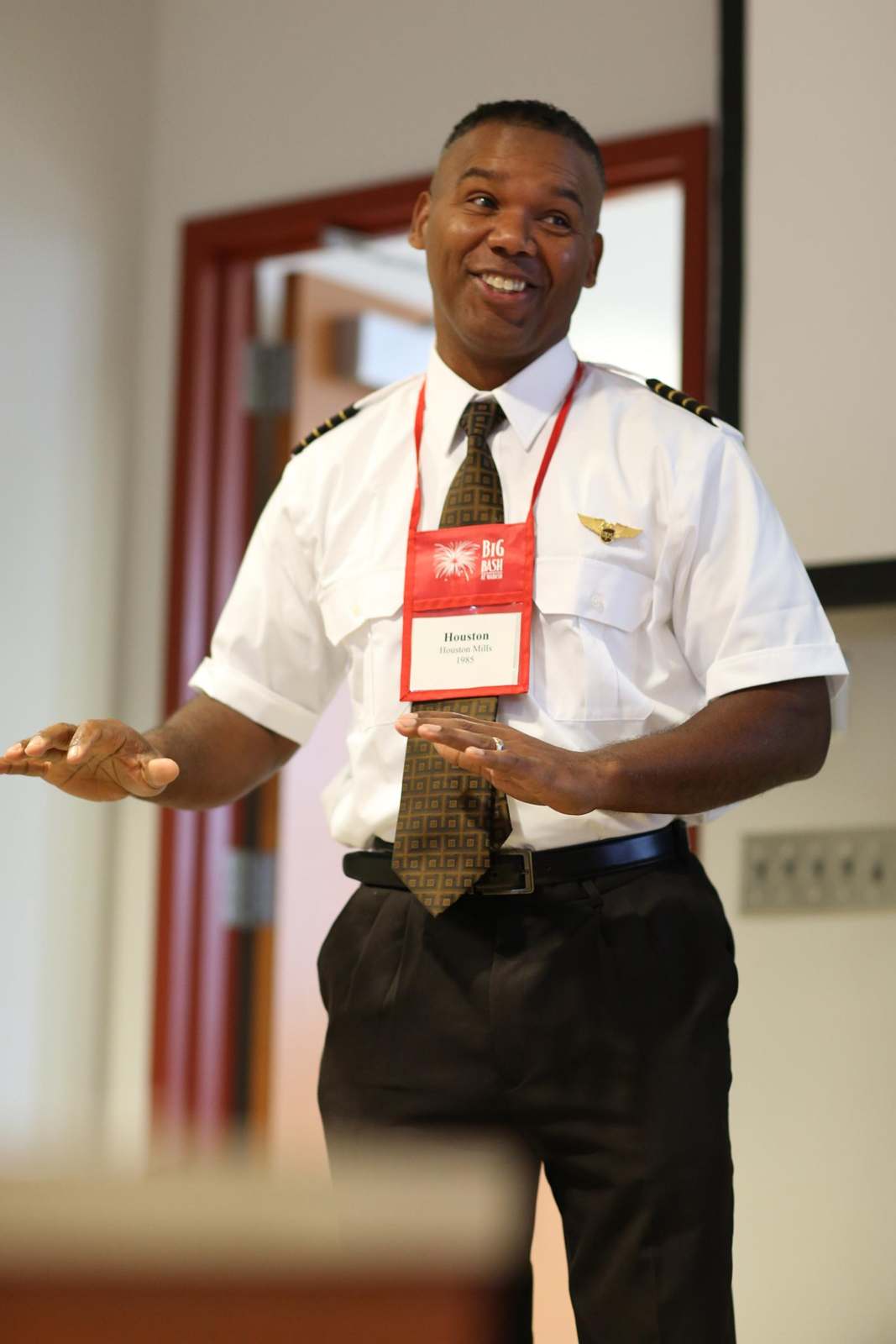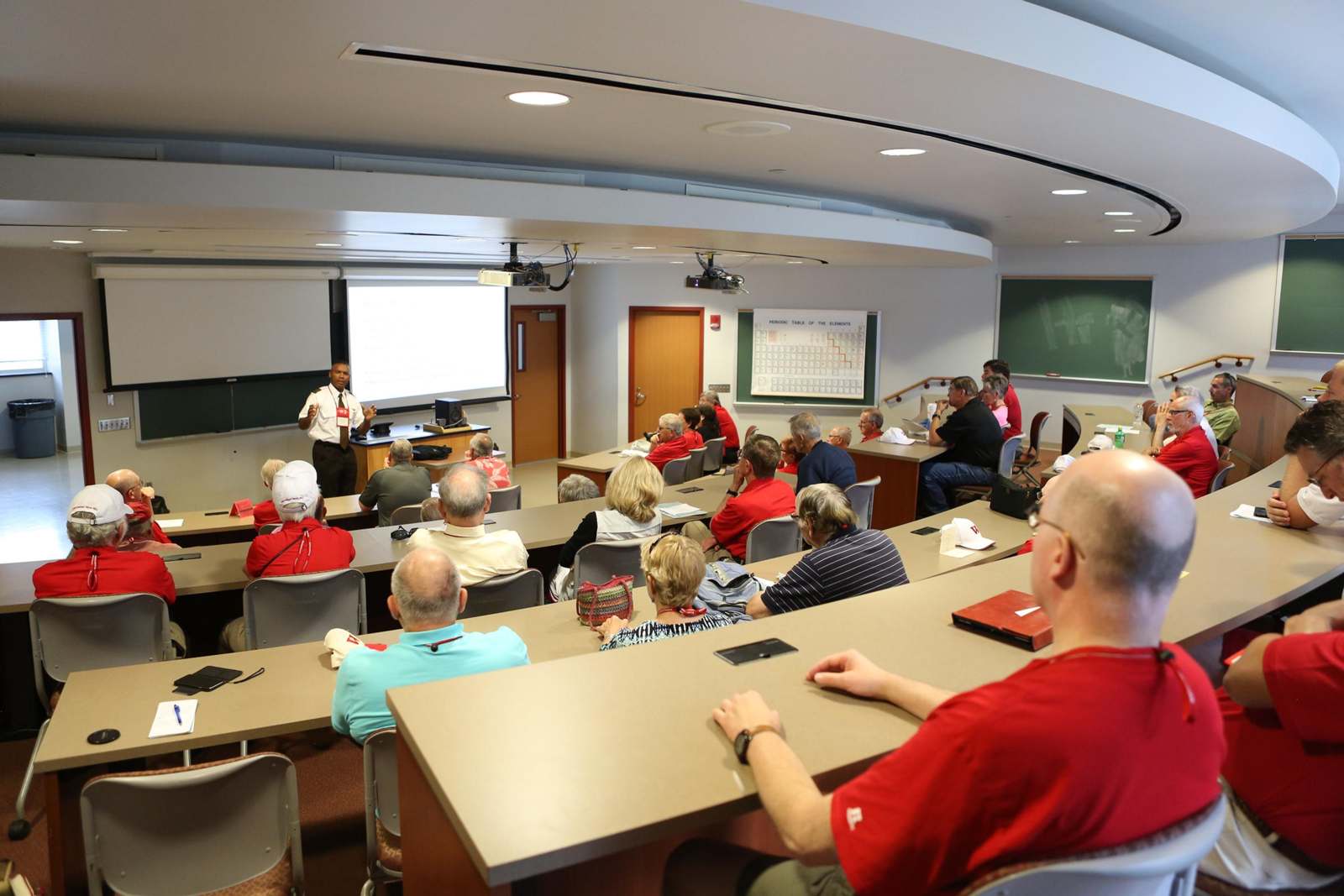Big Bash 2015 -- Colloquia, Day 2
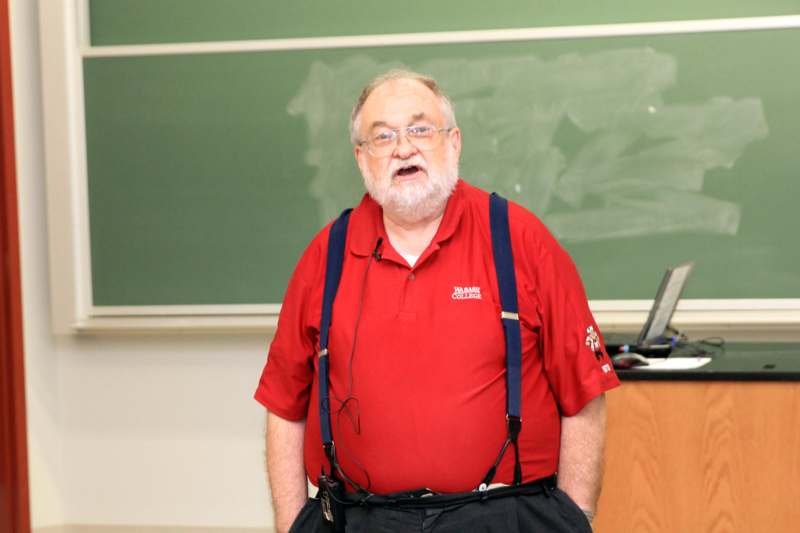
'There is a style in the Wabash classroom, perhaps laid back and casual,' said Blix. 'They will give you sass and question you. But at the same time, they work, and they work hard. The encounter with (unfamiliar) religions is transformative. It's a creative experience of having these traditions bump up against their expectations.'
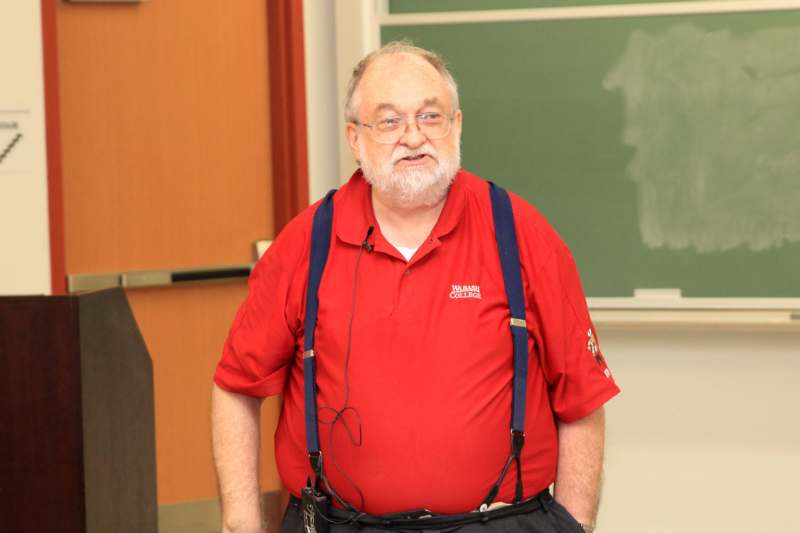
Said Blix: 'The cardinal rule of teaching is that you can't ask a question and answer it. You have to let the silences form. A lecture, above all, is theater. You can't record a lecture. Once you do, it becomes something else. In a lecture, you are interacting with students. As I lecture, I'm watching students and I see that moment where a face clouds over, so I stop.'
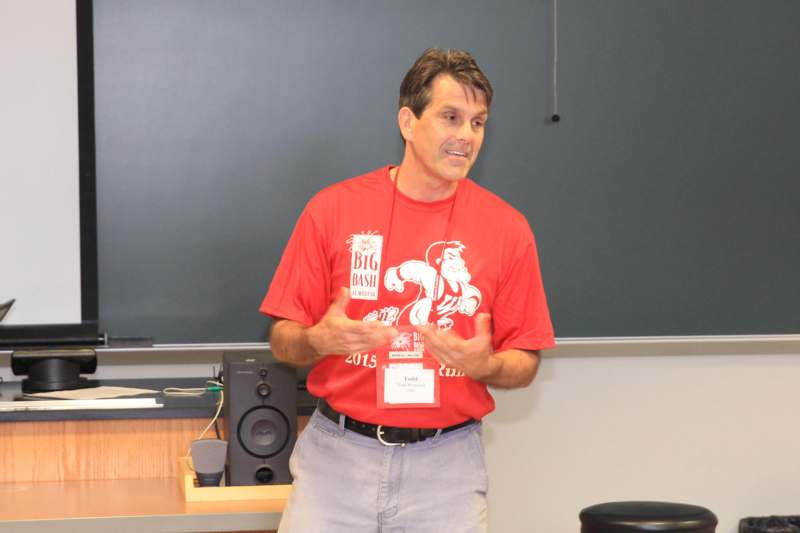
'How can we learn from cutting-edge technology,' asked Rowland? 'We live in a world where there isn't a great deal of trust in security. My suggestion is that the health care industry should send you the audit trail. You are the ones to pick up on something that isn't right. It's a partnership between the hospital and patient.'
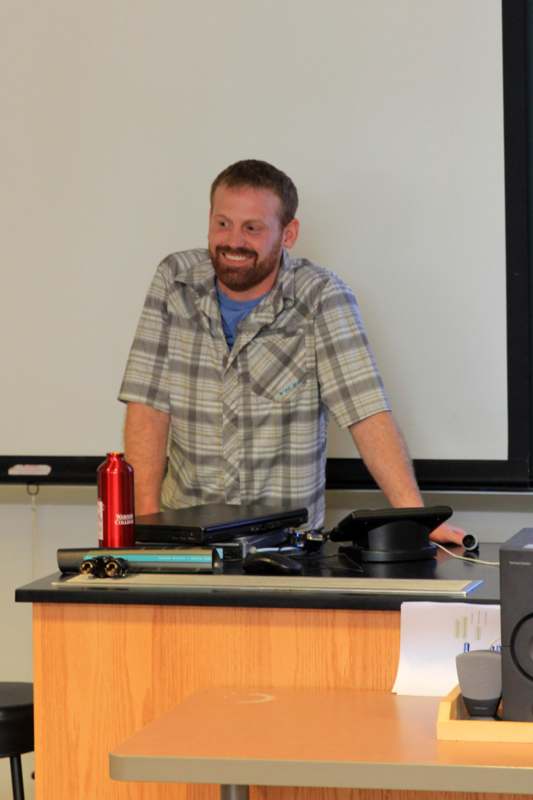
'I design both bikes and apparel,' said Thornberry, who was given a birthday serenade by his Class of '05 brothers. 'It's been a cool challenge to be a part of. The liberal arts certainly helps. Every day I'm dealing with engineers, graphics, etc. I'm able to jump around and do a bunch of different things.'
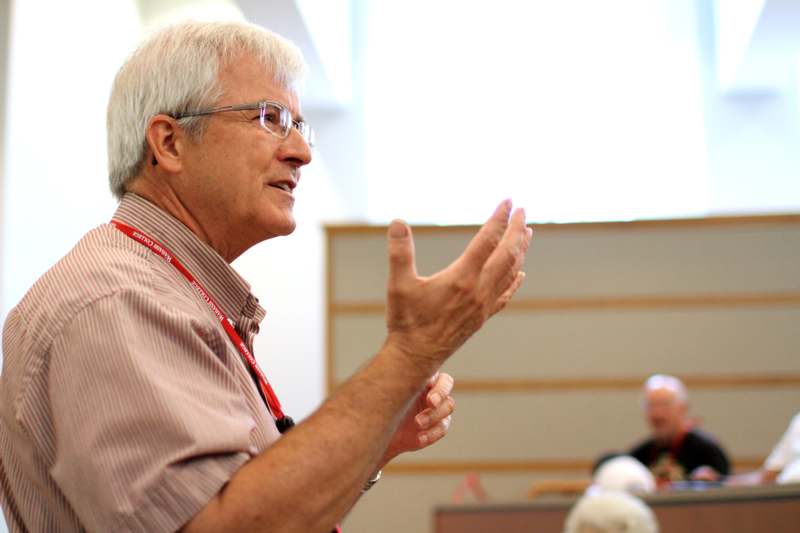
Ditzler began his talk recalling the building of Wabash's Hays Science Hall, a project which required the removal of dirt from around the foundation of Center Hall. 'As we dug away the dirt we found a marvelous stone foundation, and for me that's a metaphor for the great foundation of Wabash College that has been there through the years but that we don't always notice.'
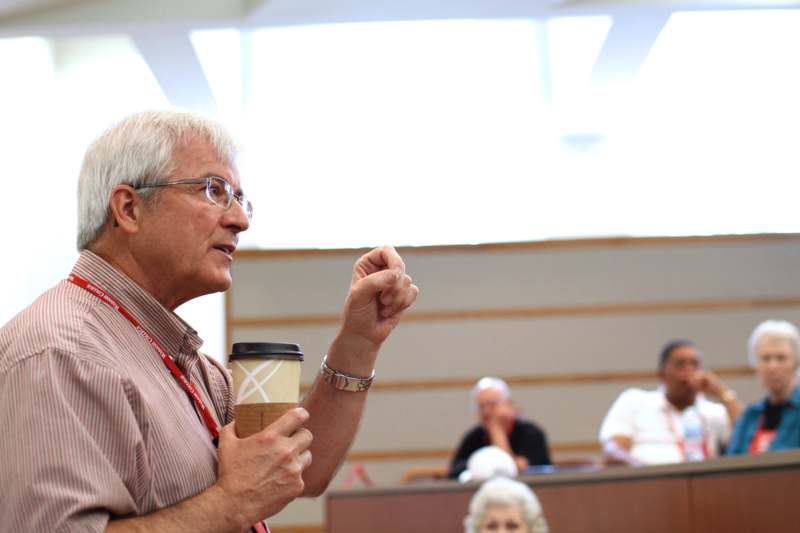
Ditzler reflected on five things private liberal arts colleges do particularly well, including teaching 'our graduates to draw from different disciplines and understand metaphors to solve problems.' He also spoke of the responsibility of private liberal arts colleges to 'take care of the towns' in which they are located.
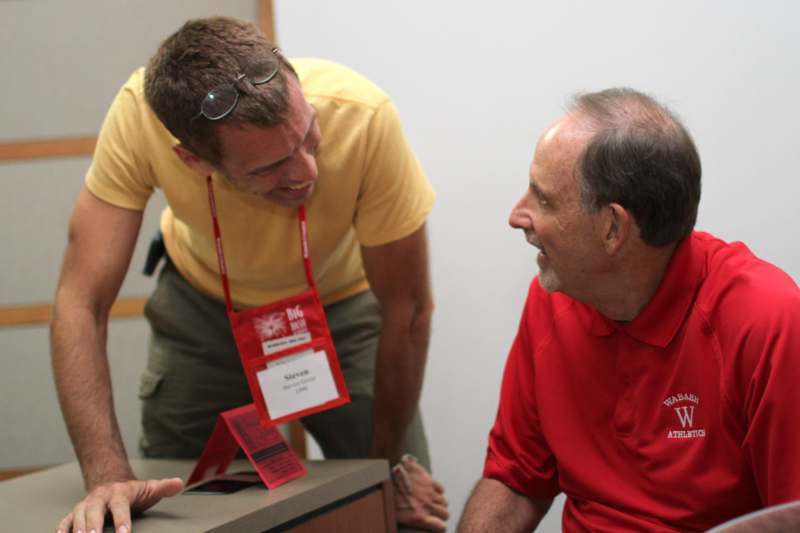
‘Most of all, I cherish the life-lasting connection my sons and I have forged through this brief time together,’ Herzog said. 'For me, the word ‘Vietnam’ is no longer the name for a war… It is a state of mind and an emotional home, one built on a foundation of experience, memory, and imagination, but above all on the love of a father, sons, and brothers!’ Here Herzog catches up with Steven Gross ’90.
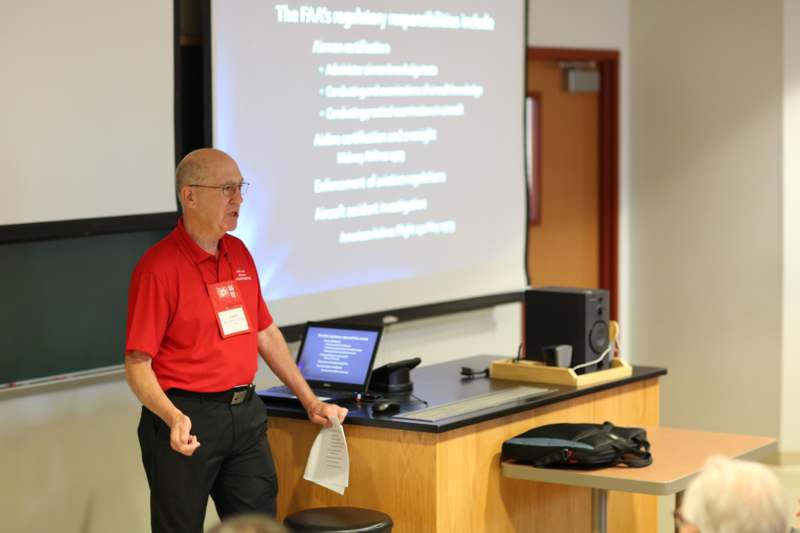
Former Aviation Safety Inspector for the Federal Aviation Administration, Larry Niemann '65 told of how an honest and open look at air transportation has helped make air travel one of the safest ways to travel. When mistakes happen, ‘we sit down and try to figure out how it’s not going to happen in the future. On a really bad day there’s an aircraft accident. I was on duty the day American Airlines 191 crashed at O’Hare – a bad day in aviation but we learned from that. Not only was I involved in the investigation I was actually standing in the smoldering wreckage 15 minutes after it happened.’

